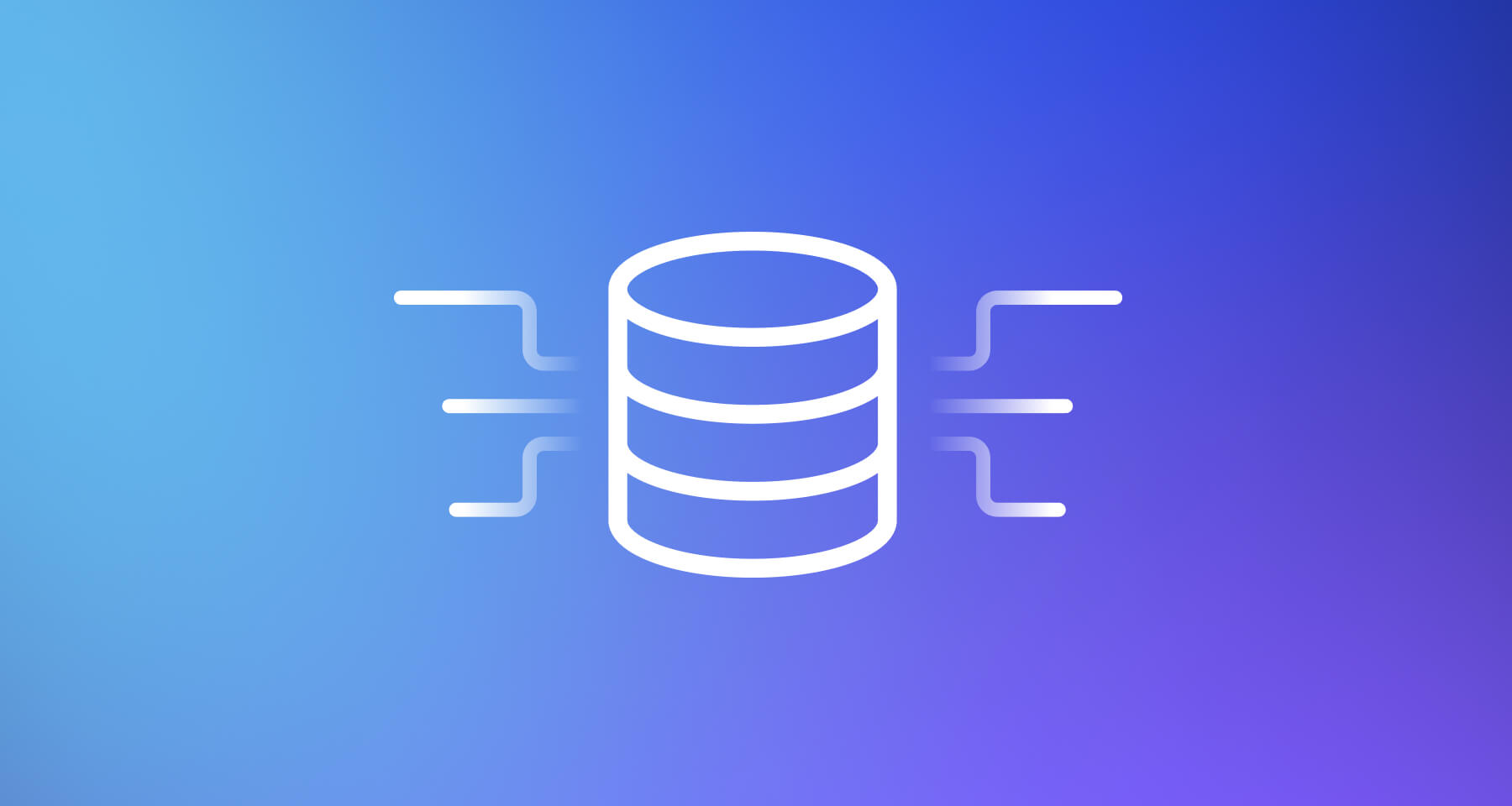
Blog
Insights and updates from the Basis Theory team
Blog
Want Product News & Industry Updates?
Subscribe to the Basis Theory blog to get updates right in your inbox


How Connected Payments Reduce Merchant Risk
Any electronic payment comes with inherent risk: the customer might be using a fraudulent card, forgotten they’ve overspent their credit limit, or end up firing up a...

Enhancing Reliability and Security for Your Tenants
If you are a Basis Theory platform user, action is most likely required for your Production Tenant. What has Changed? We have updated our Rate Limits to better align...
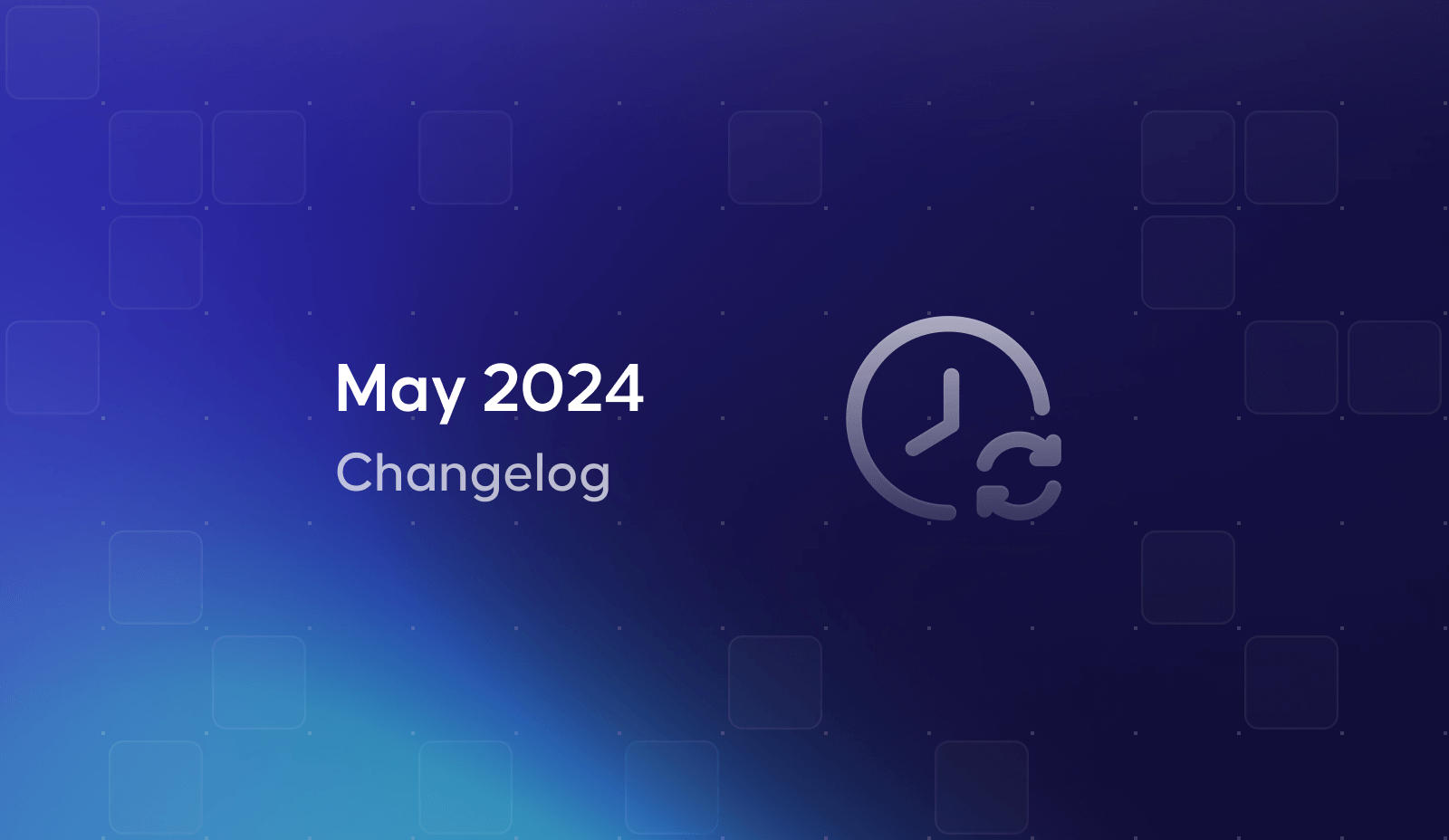
May 2024 Changelog
Managed Connections: Orchestrating Payments We are happy to announce the launch of Managed Connections, which allows merchants to switch between payment processors t...

How to Use Composable Apps in Payments
Software can be designed and implemented in any number of ways, but a core architectural approach can be instrumental in producing tools that are ideally suited to t...

SoftPOS: Turning Devices Into Terminals
The speed at which payments options expand and change has reached a breakneck pace: it’s almost impossible to imagine a time when the only options were to provide co...

Dynamic Payment Routing - Retry Logic Routes
Dynamic payment routing is an essential part of any comprehensive payment optimization strategy: getting the highest close rate at the lowest processing cost demands...

Implementing a Second Payment Processor: Considerations
Delivering great service is at the heart of every successful merchant’s business plan - because happy customers become repeat customers, and repeat customers become ...
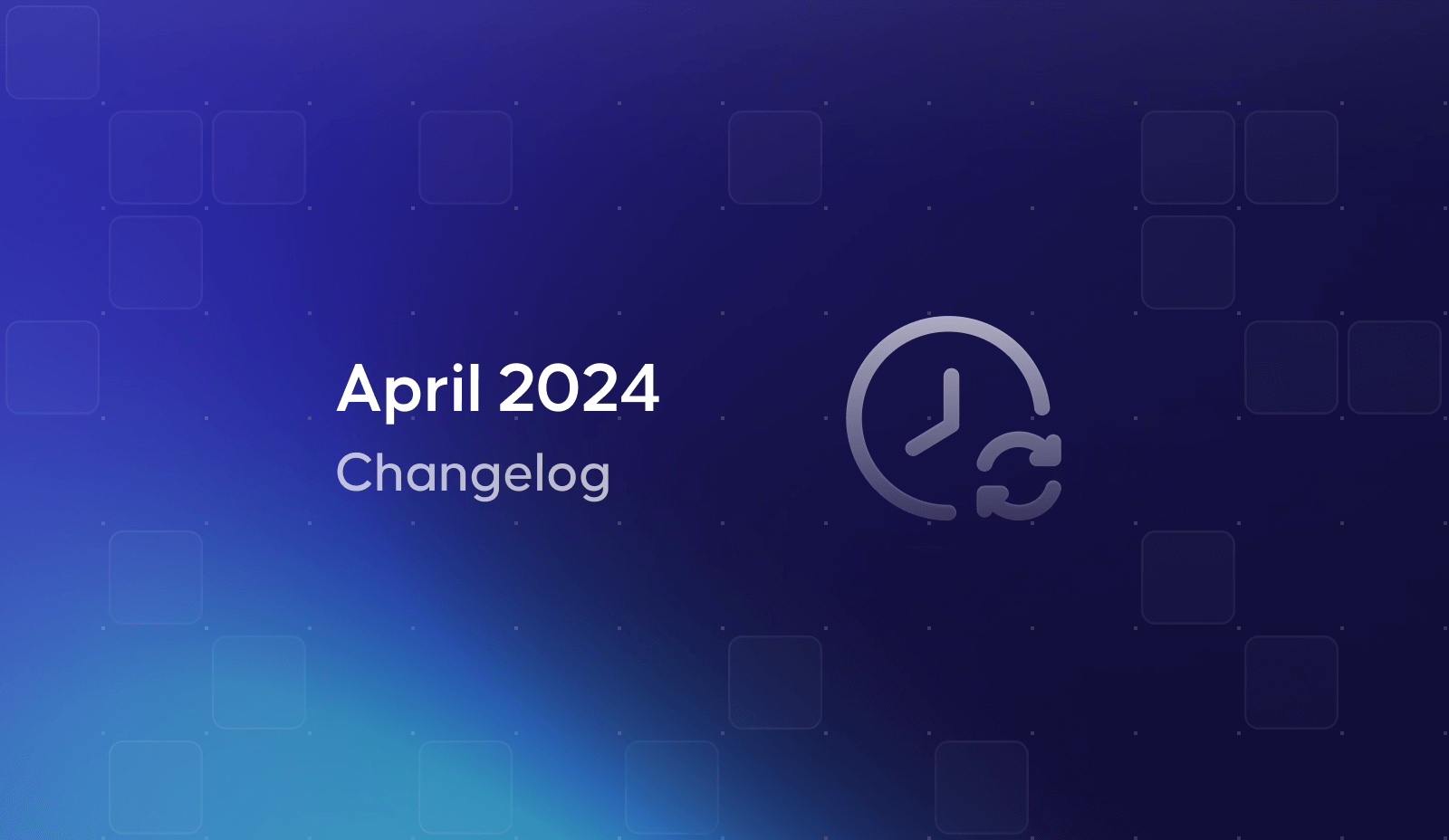
April 2024 Changelog
April brought showers of updates and enhancements to the Basis Theory Platform, from automatic account updater, to full-featured test tenants, and forwarding APIs.

Multi-Processor Routing and Fraud Prevention
Payment security is a key consideration for today’s digital merchants, as acquiring a reputation for not protecting customers’ payment details can be an existential ...

Multi-Processor Routing or Full-Service PSP? Which is Your Best Option?
As a merchant, accepting and processing payments is the lifeblood of your business. The ways in which you do so can significantly impact the future trajectory of you...
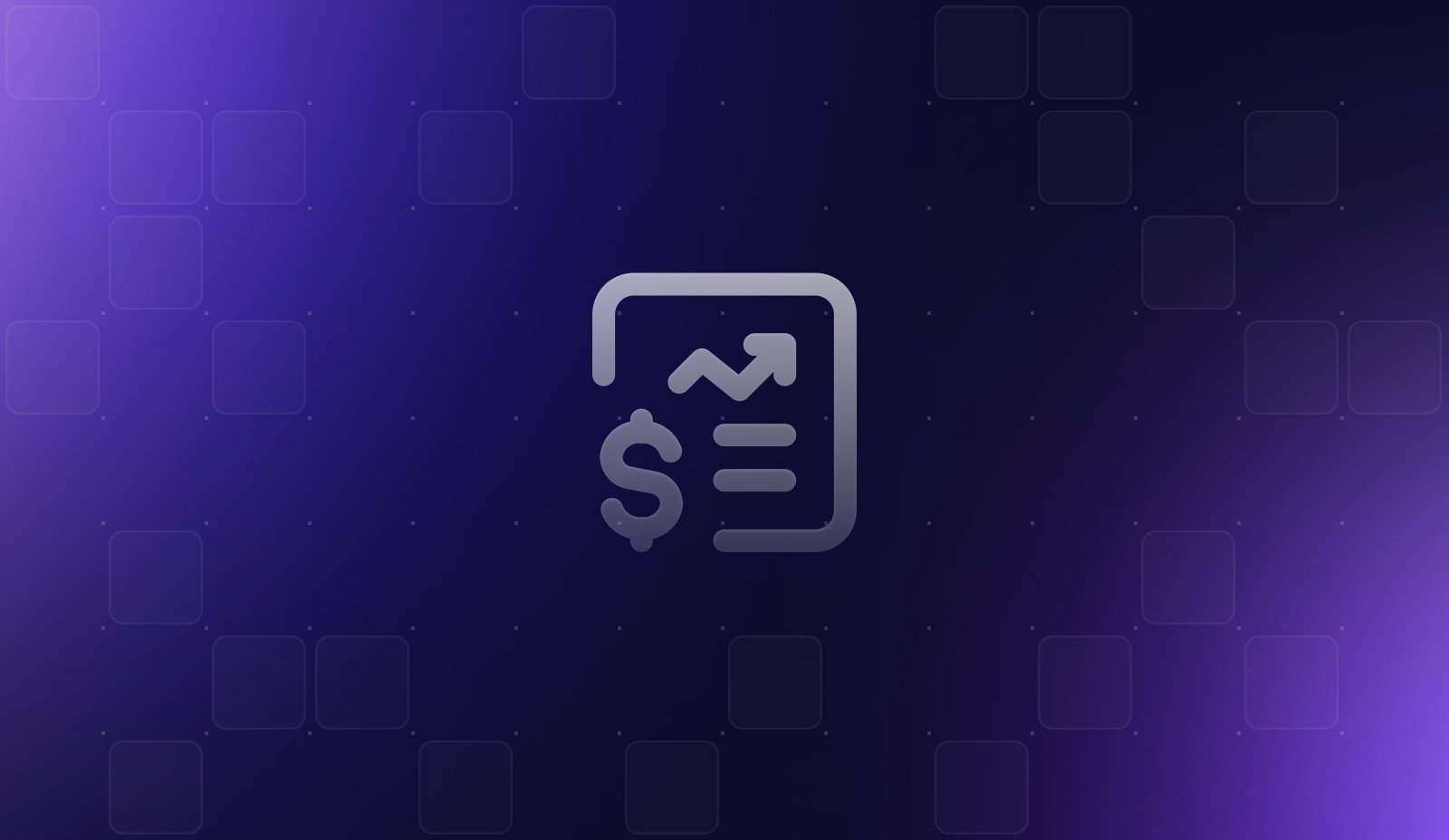
Evaluating the ROI of Multi-processor Payment Routing for Subscription Businesses
Digital payments have thrown open the ability to market and sell to an almost unlimited global audience for merchants. And those businesses who offer subscriptions c...
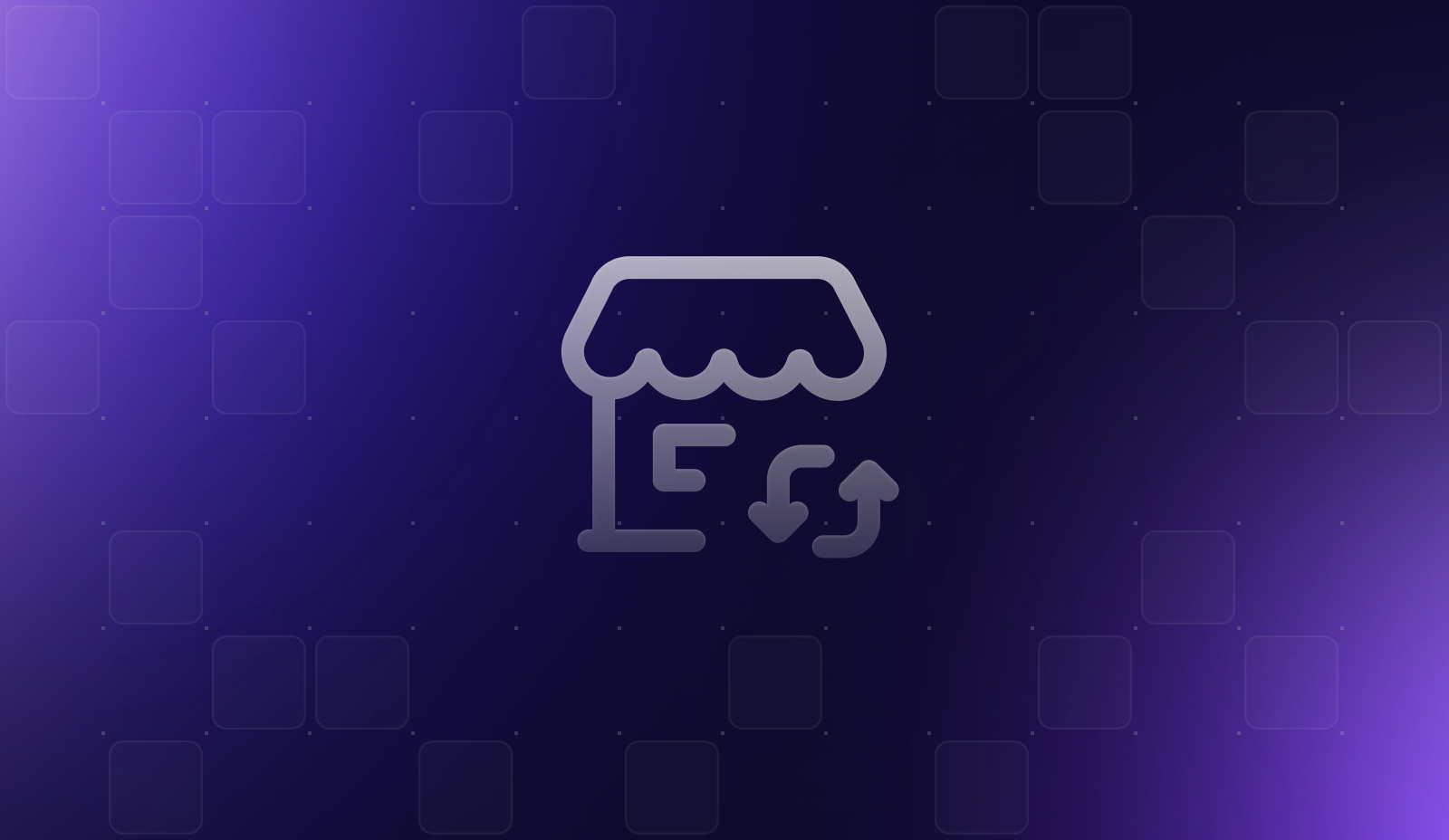
Subscription Merchants: Payments Best Practices
What are Subscription Companies? Subscription merchants are companies with a business model that involves customers paying a recurring fee to access products or serv...

3DS Authentication: The Right Balance Between Security and UX
In a world that seems ever more risky - with digital scam artists everywhere you look, and ransomware in seemingly every other news report - making security as impen...
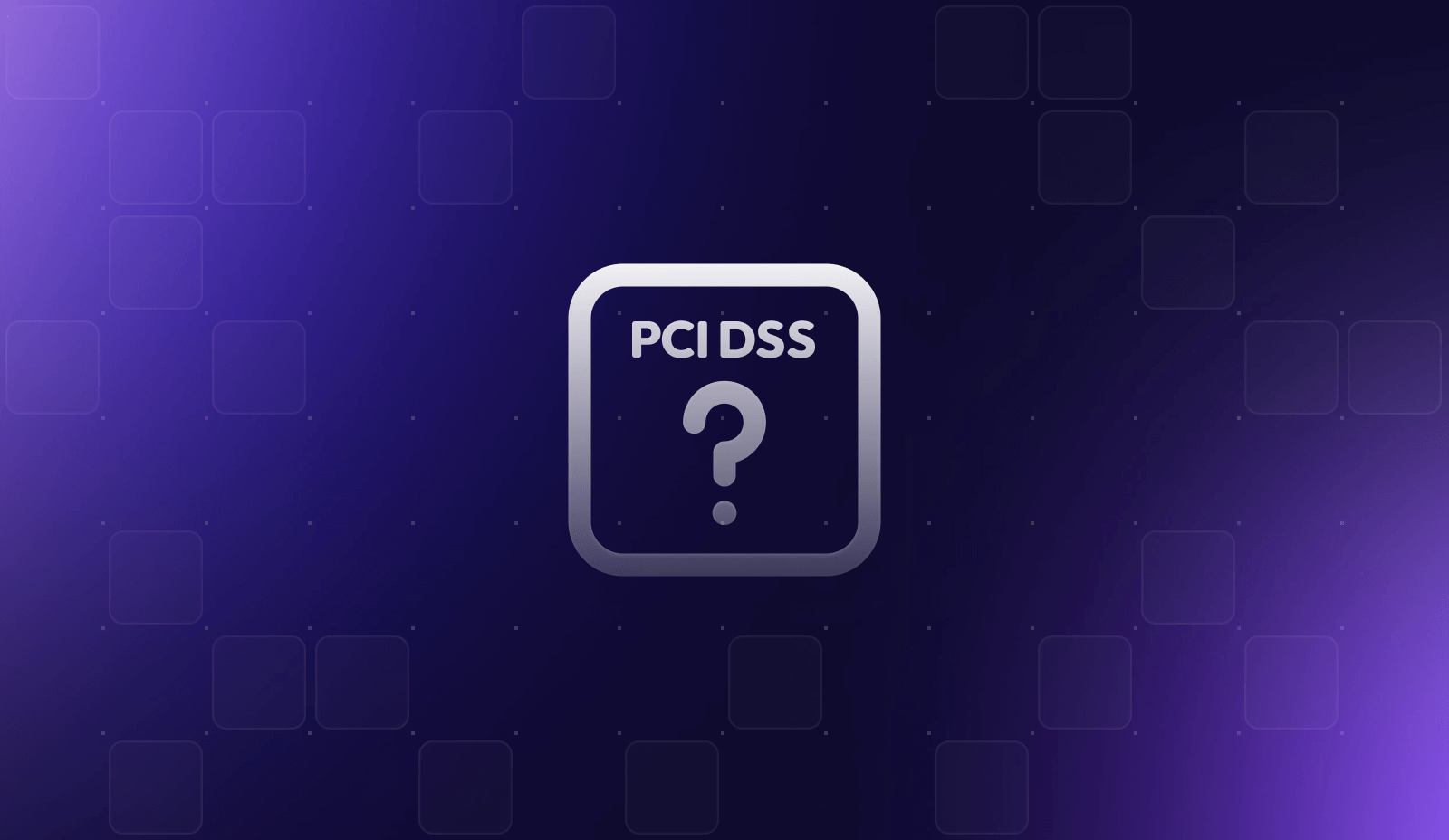
Tokenization and PCI Compliance: FAQs
The data security rules around payments can be puzzling to new and seasoned payments professionals alike. Moreover, while the Payments Card Industry Data Security St...

One-Click Checkout: Benefits and Drawbacks
If there’s one thing that everyone who’s ever sold anything can agree on it’s this: the harder it is for the customer to close a deal, the less likely it is that the...
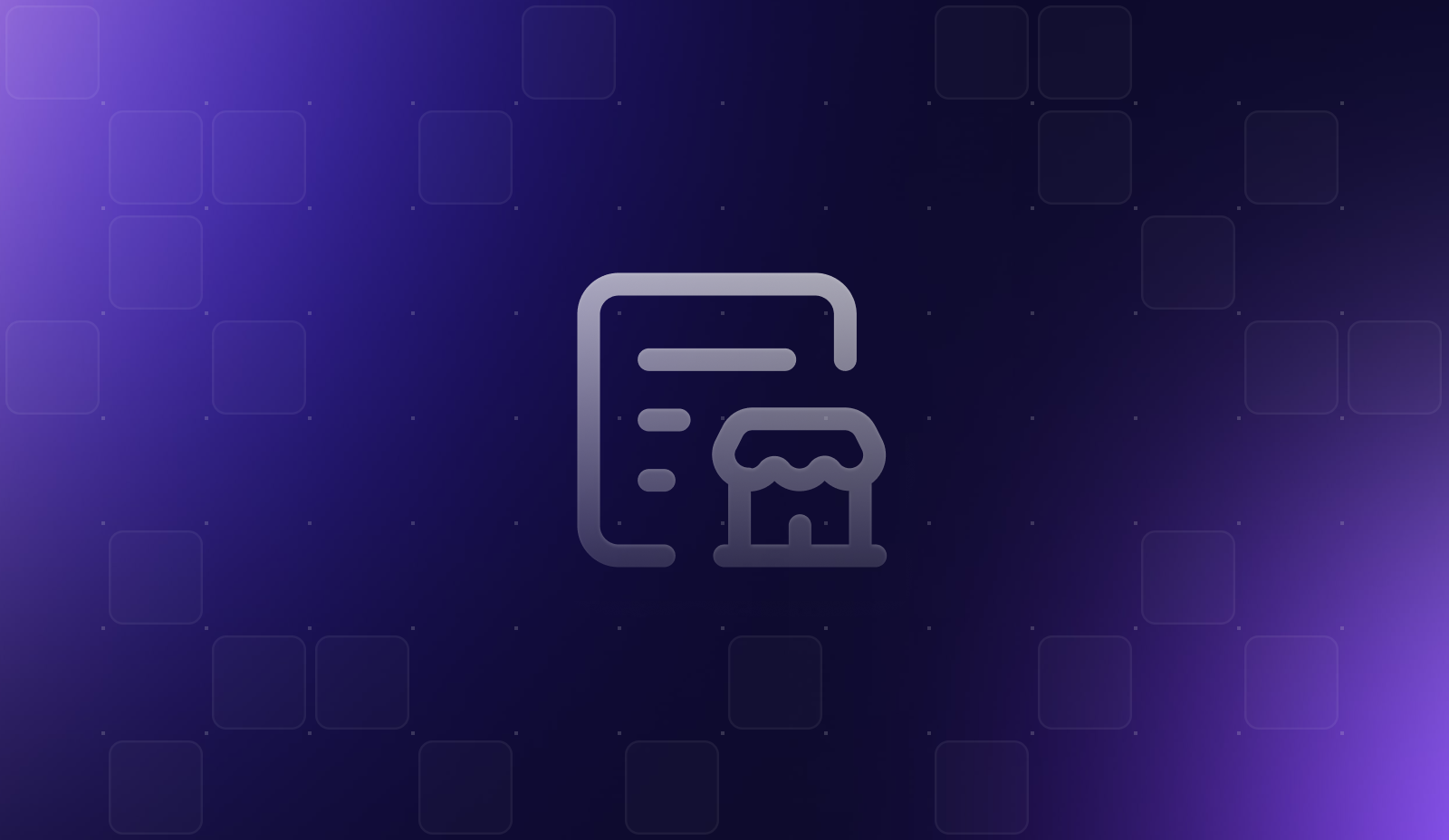
Best Payments Resources To Deepen Your Payments Knowledge
As the payments industry continues to grow, expand, and evolve, payments professionals will need to stay abreast of the changes in order to remain competitive in the...

The Importance of Recurring Payments for Merchants
Modern businesses do more than simply make one-off sales of products - they take advantage of the opportunities our digital reality offers. Perhaps the inspiration f...
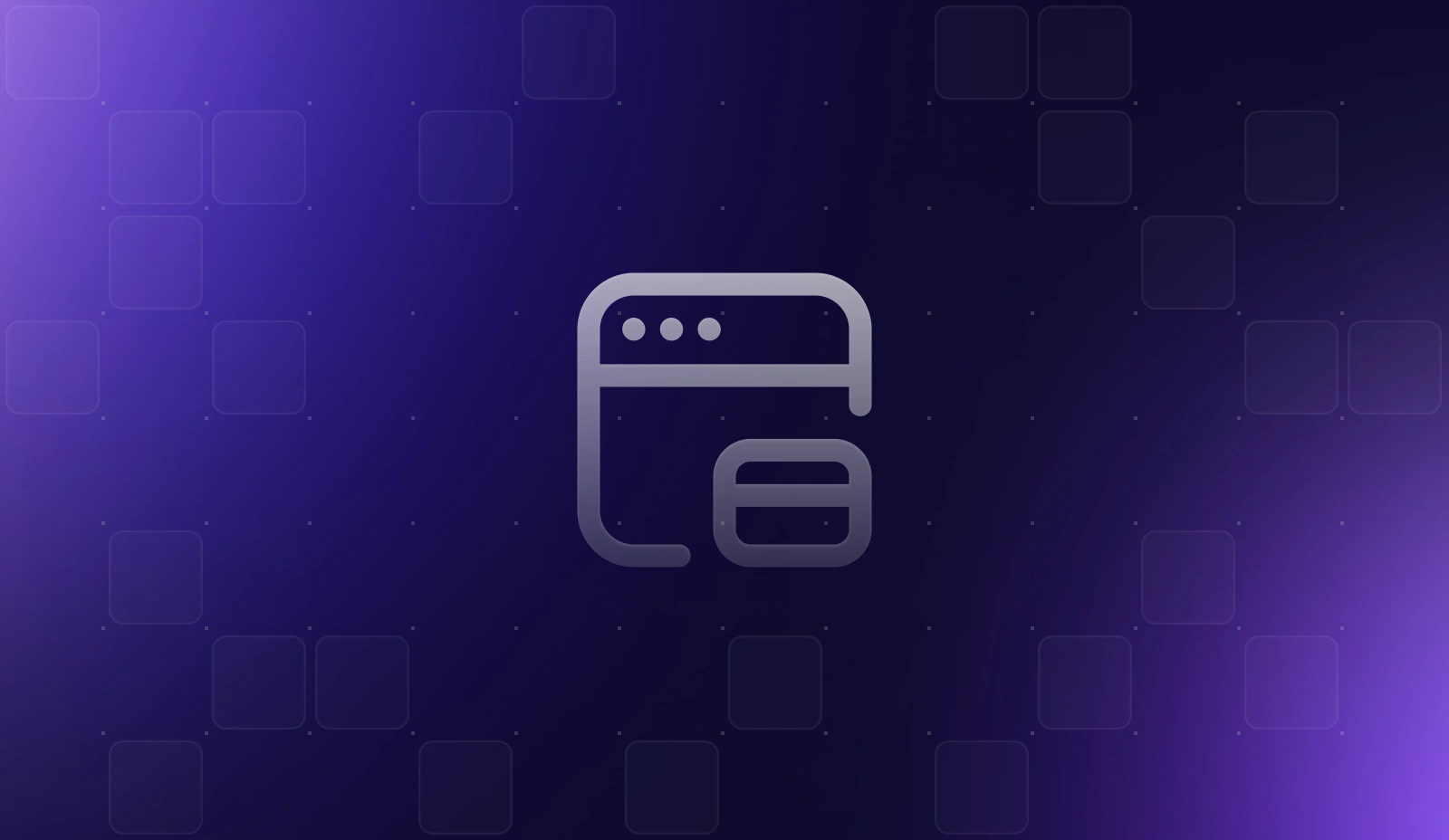
Are Monolithic Payments a Thing of the Past?
The payment landscape continues to expand each year, offering a vast array of payment methods for end users and processing options for merchants. Payment gateways, p...

Balancing UX and Security in Recurring Payments
Merchants wishing to offer secure payment solutions for customers may find themselves at an impasse: their payment flows may require additional steps to become compl...

B2B SaaS Companies: Avoiding Failed Payments
Failed payments are a key performance indicator for merchants that offer subscription, or installment, payment products or services. That’s because, when a consumer’...
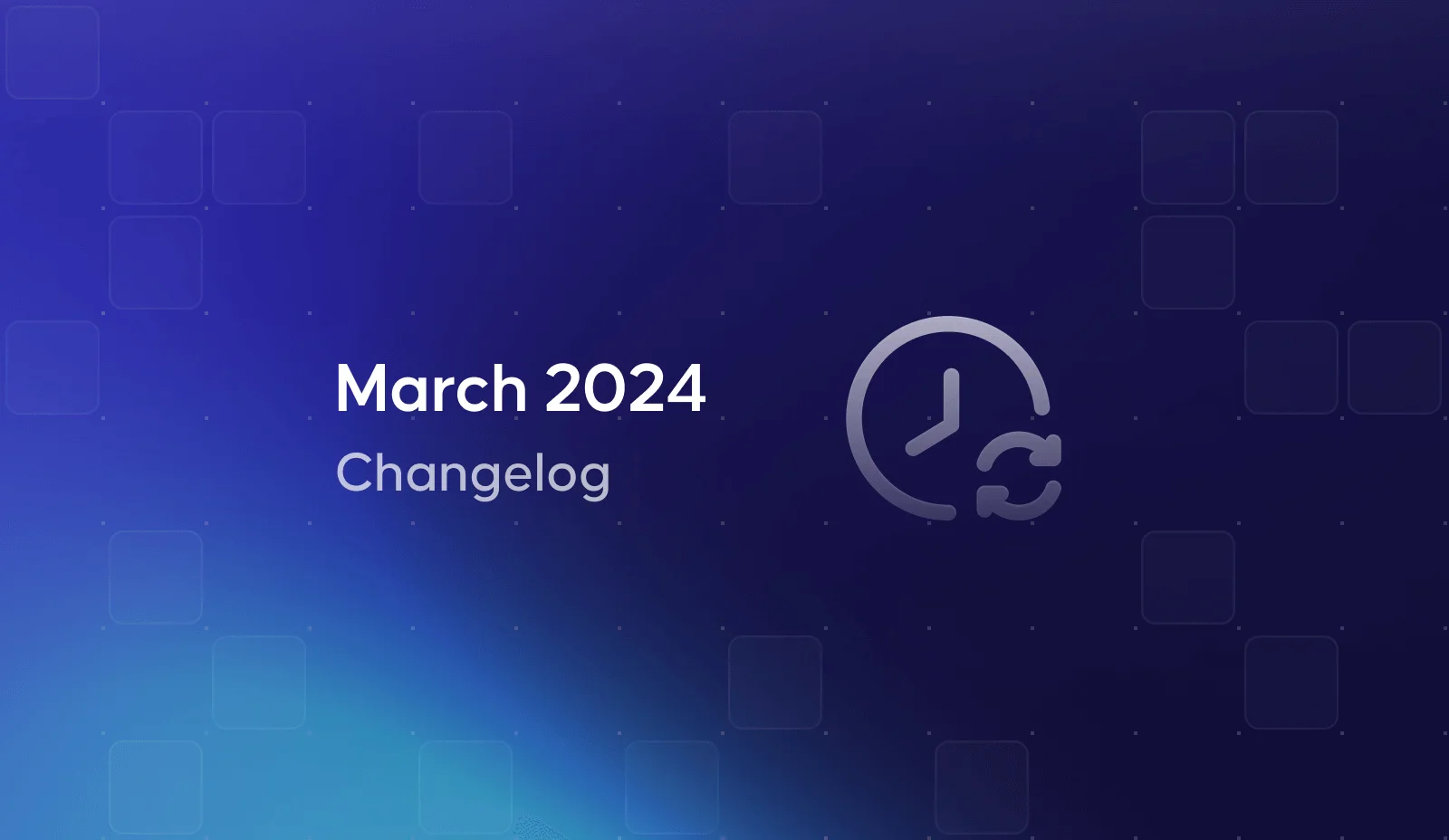
March 2024 Changelog
Expanded Apple Pay JS Support In March, we added support for merchant tokens and Buy Now, Pay Later to Apple Pay JS. This enables merchants to decrypt the Apple Pay ...

How Subscription Companies Grow Revenue and Reduce Expenses
The subscription model - paying for the use of a product or service on a regular basis, rather than purchasing an item outright - has been around for hundreds of yea...
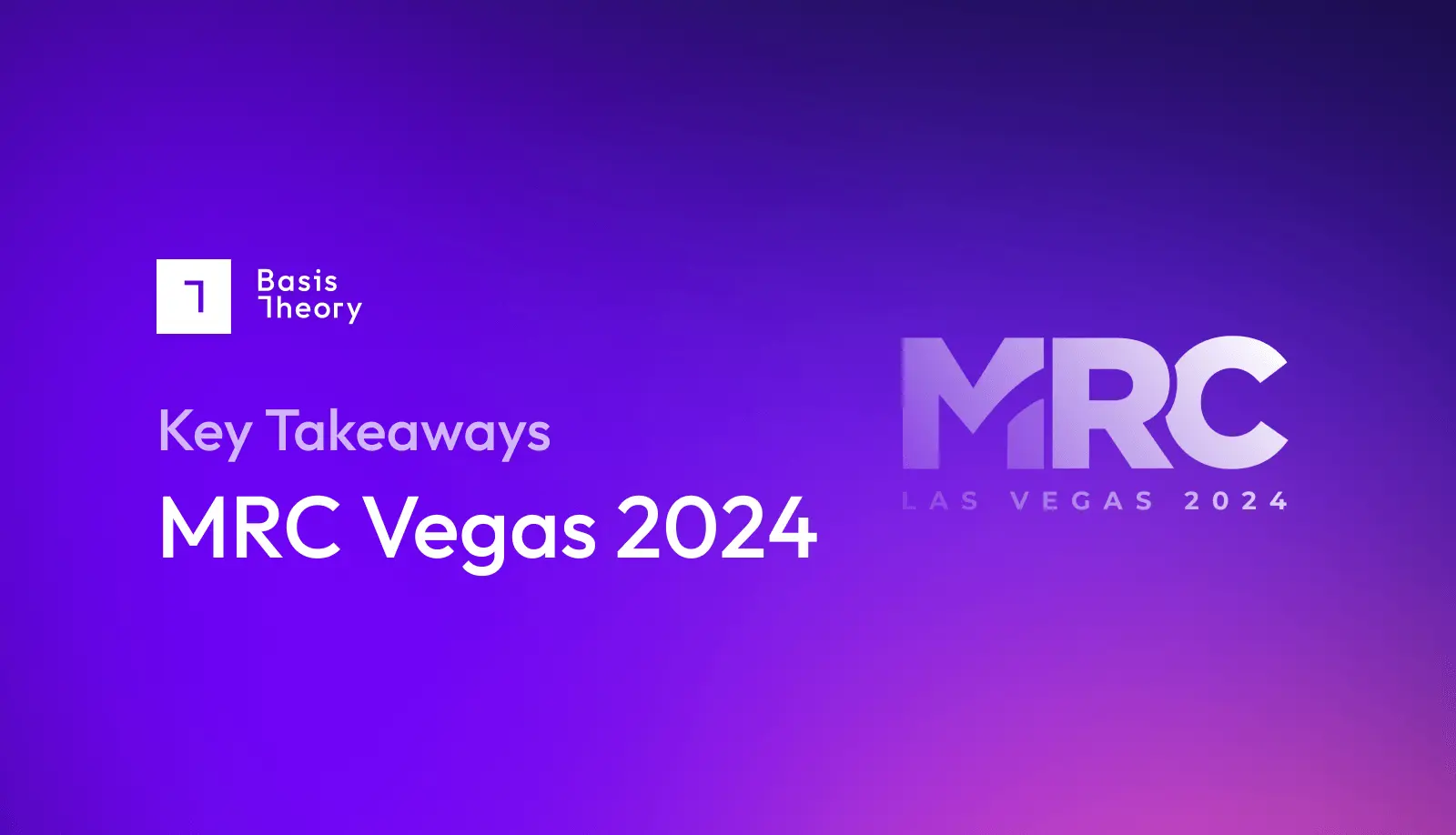
MRC Vegas 2024: A Recap
We came back from a long but eventful week at Merchant Risk Council's annual conference in Las Vegas. This year, it ran from March 25 until March 28 and was jam-pack...
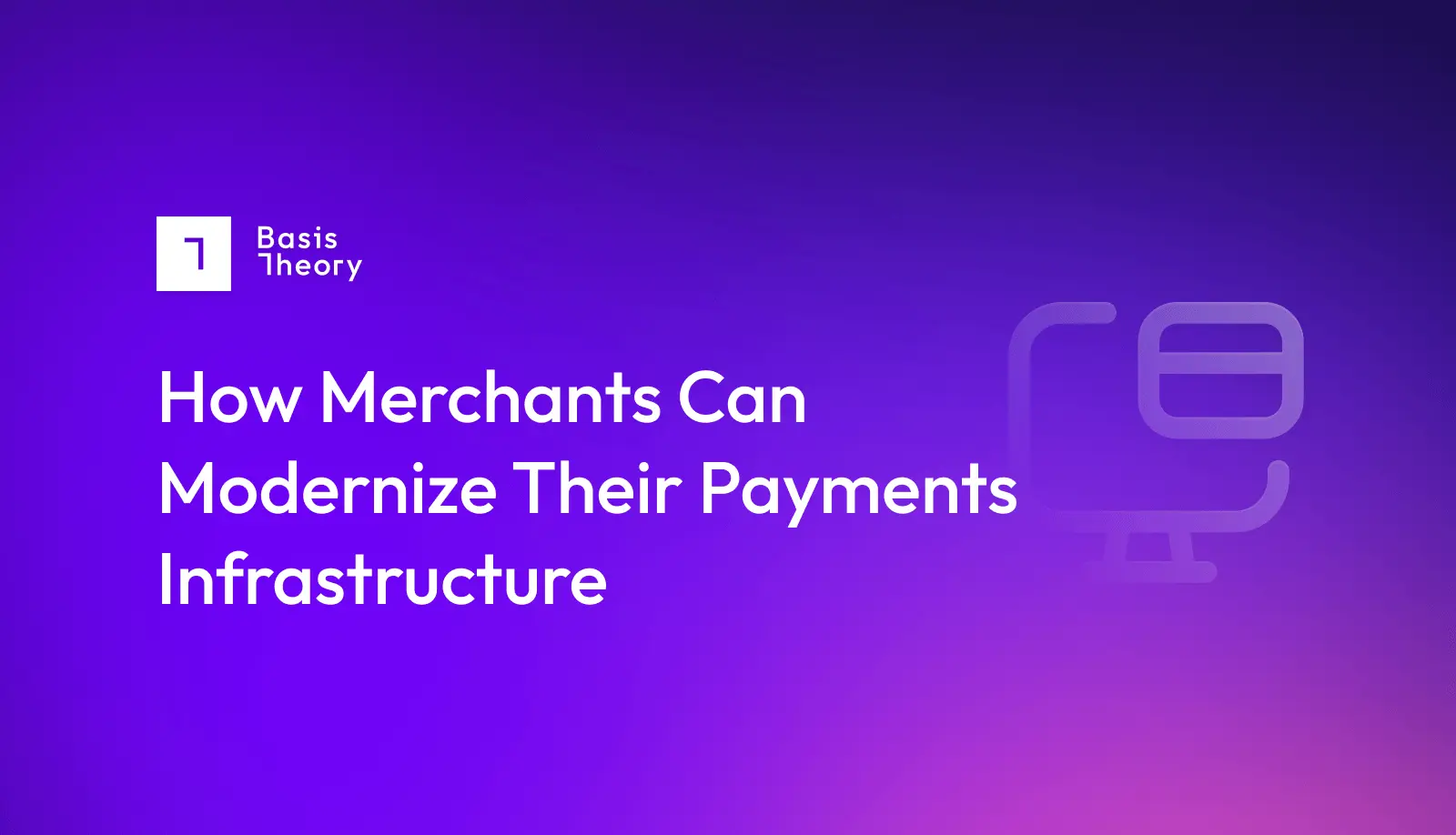
How Merchants Can Modernize Their Payments Infrastructure
Payments are an inescapable element of any commercial enterprise, yet the whole payment ecosystem can seem like a closed book to many businesspeople. Beyond the exis...
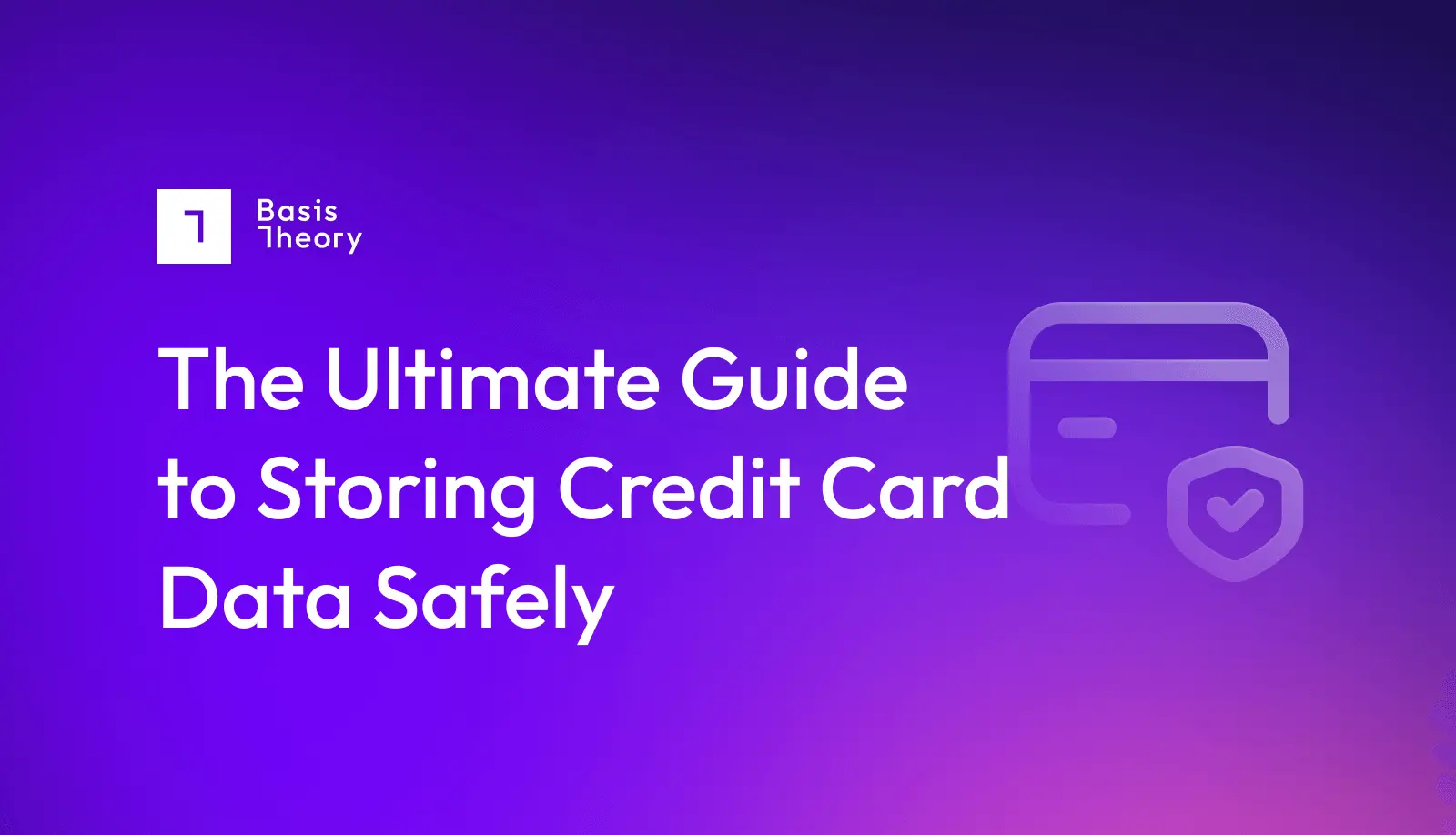
How To Collect and Store Credit Card Data Securely
When merchants accept credit card payments, they also must consider what happens after the transaction is authorized. Can they store the card data? Should they?
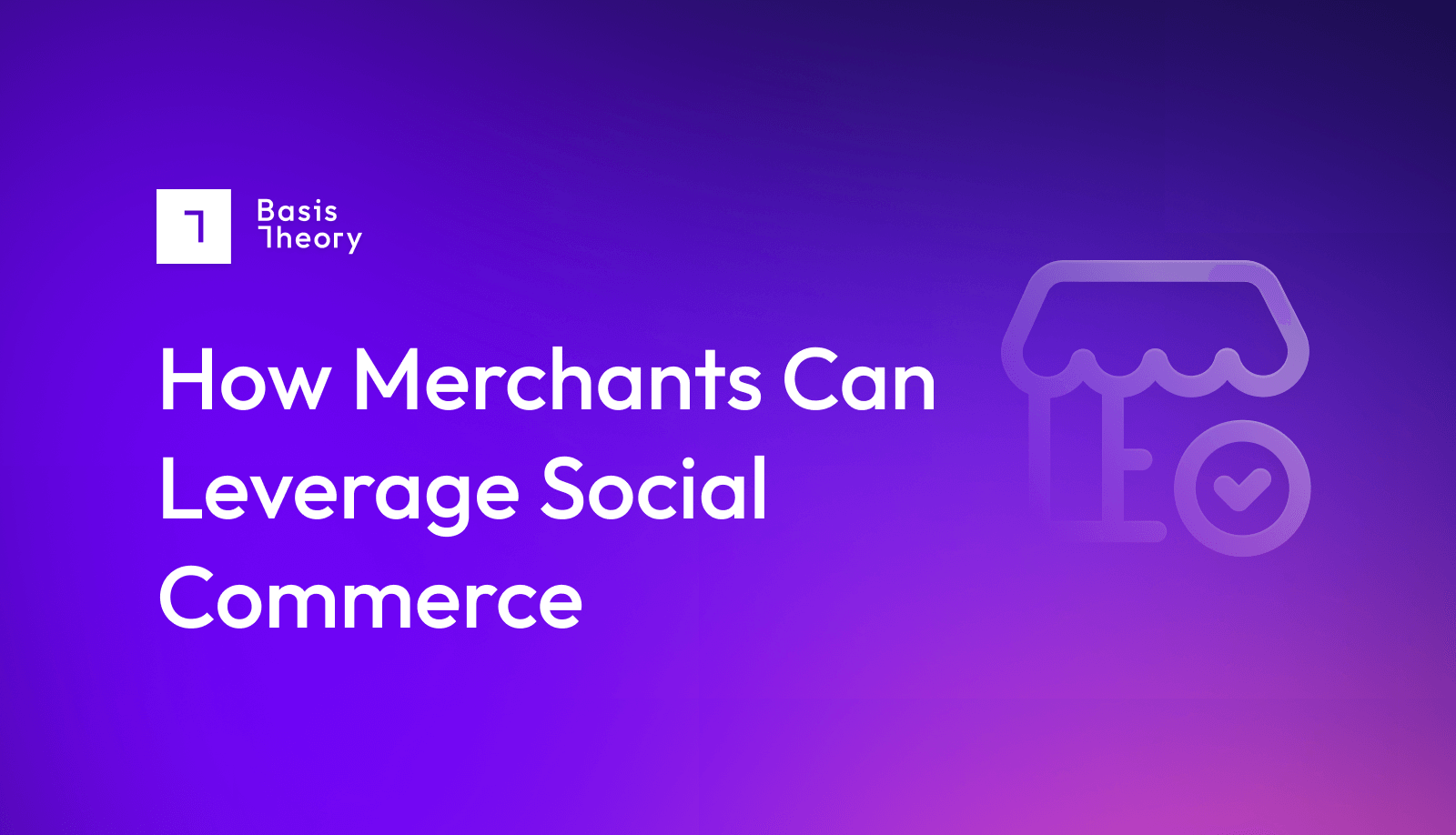
How Merchants Can Leverage Social Commerce
In our thoroughly networked world, many are constantly glued to their mobile devices, devouring the musings, postings, and comments that are the lifeblood of social ...
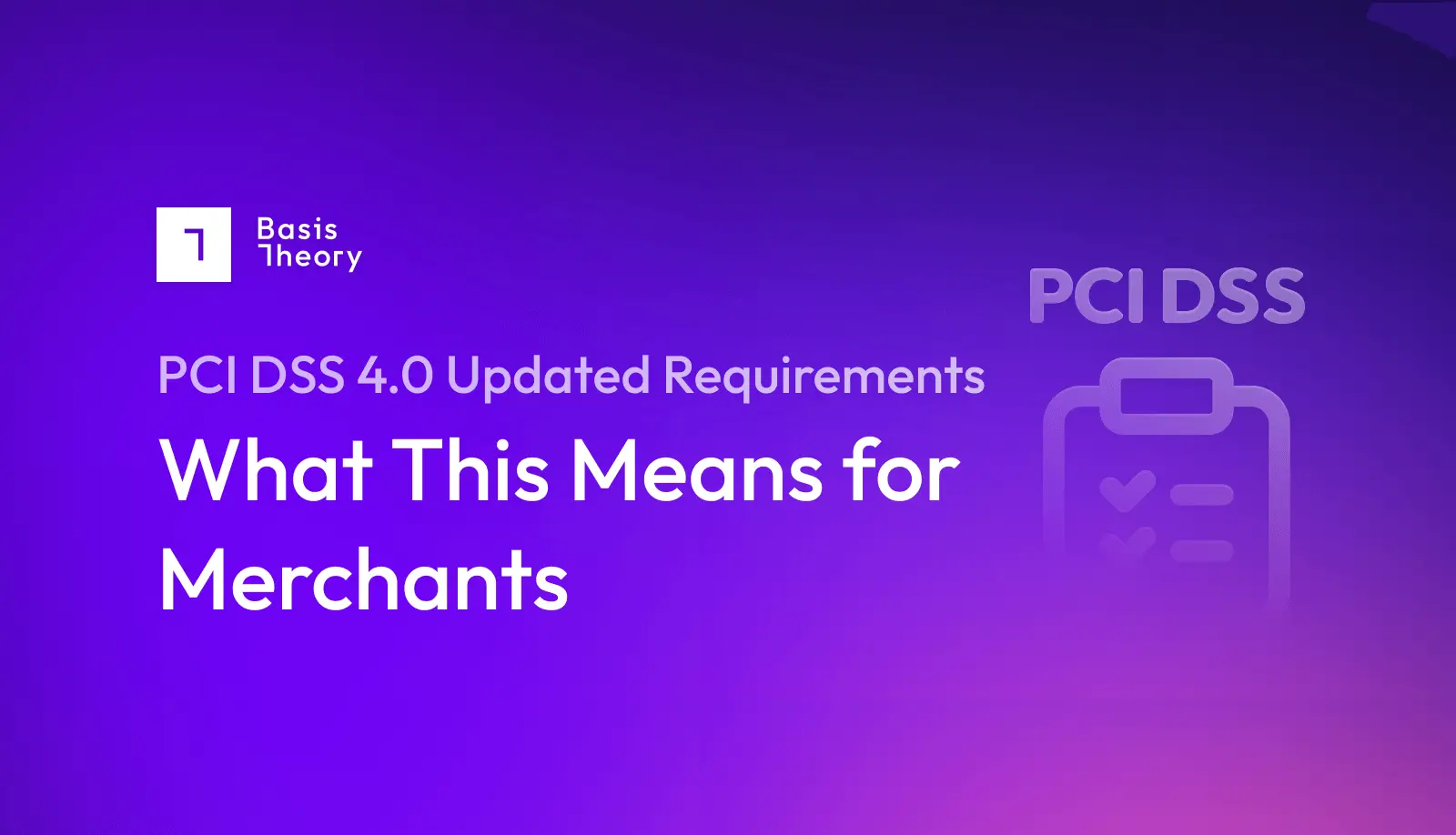
PCI 4.0 Updated Requirements: What This Means for Merchants
The Payment Card Industry Data Security Standard (PCI DSS) is the global standard for ensuring the secure handling of credit card data. It’s designed to protect card...
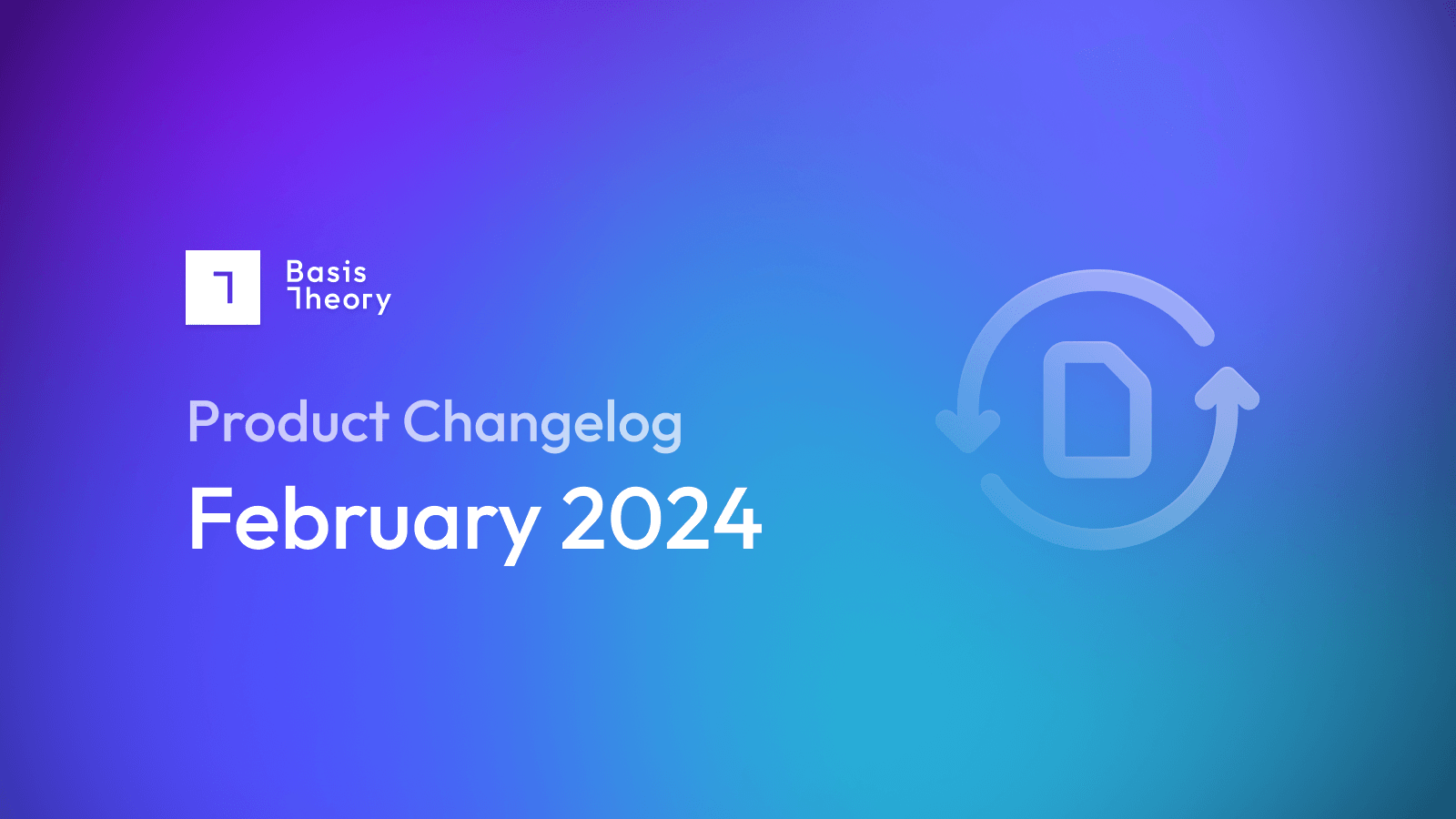
February 2024 Changelog
In February, the engineering team spent our time working on big picture items as well as granular bug fixes to improve platform performance. Read on for details of h...
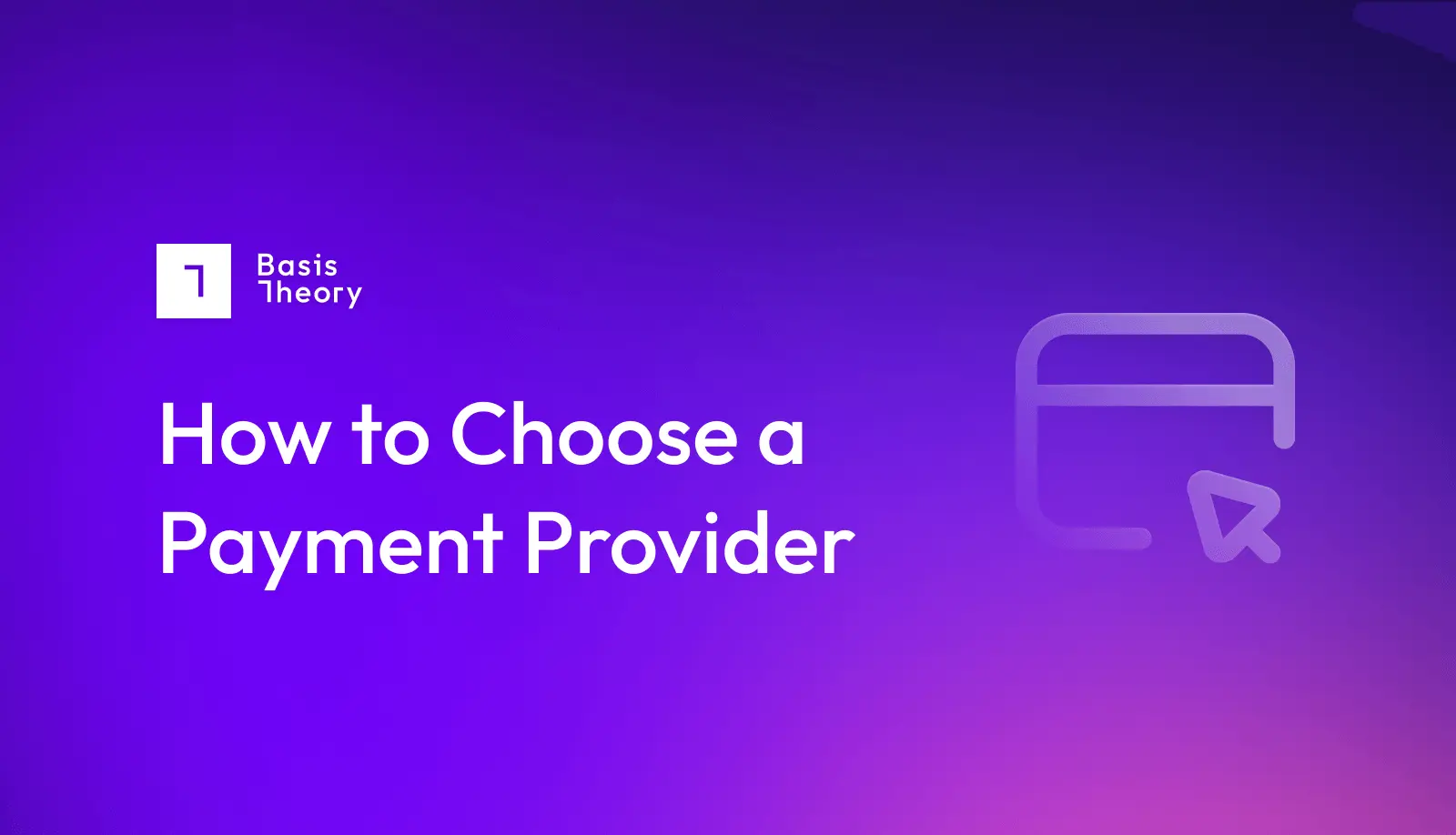
How to Choose A Payment Provider
In today’s digital, virtual world, there are vanishingly few businesses remaining who can operate on a cash basis - everyone has to accept digital payments, like cre...
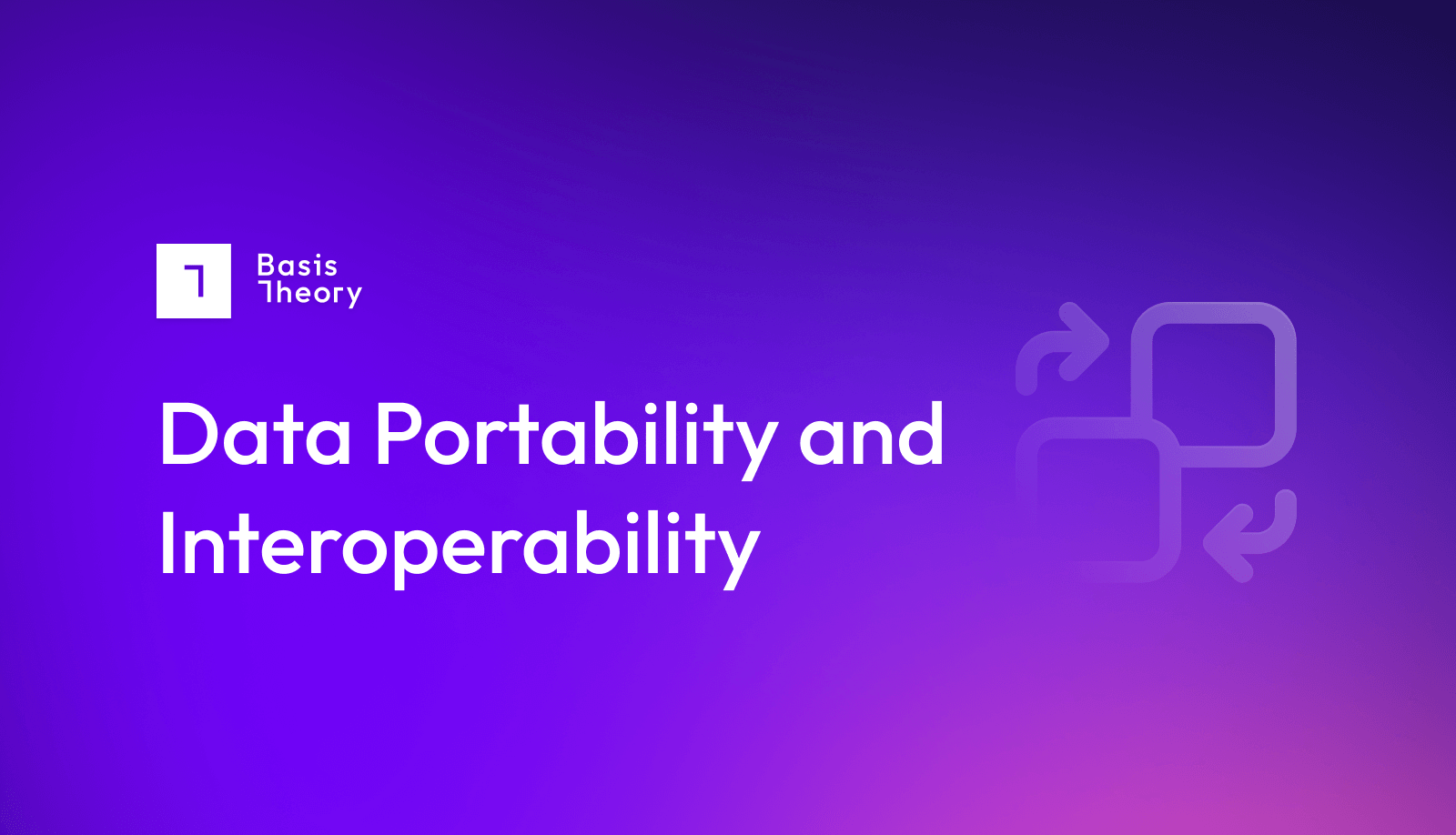
Payments Data Portability and Interoperability
In a digital and connected world, data is the most valuable virtual commodity. Access to, and control of, data is a fiercely competitive and much-debated area of mod...
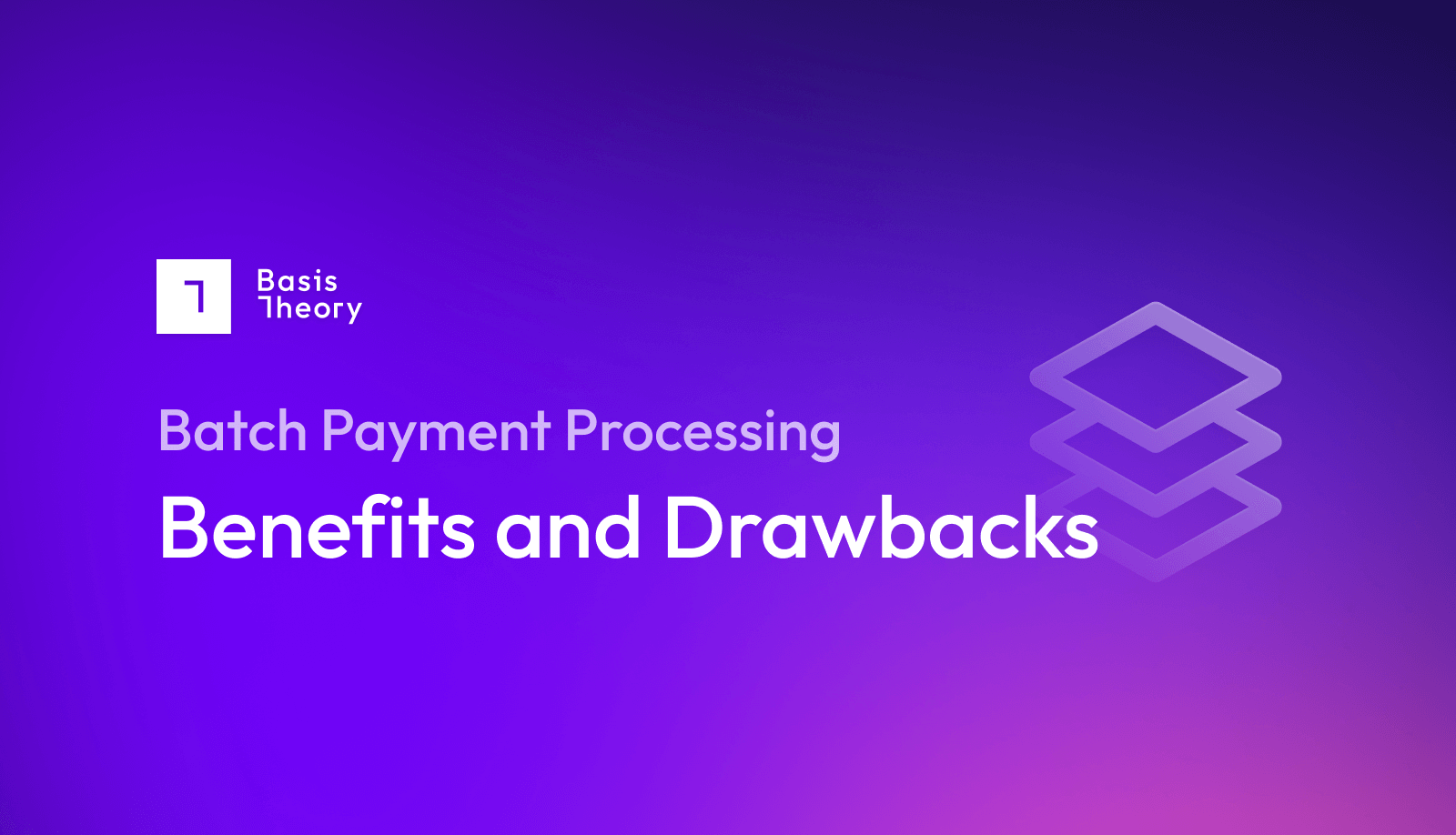
What is Batch Payment Processing?
Merchants use batch payment processing to submit multiple transactions at once, rather than in real-time as the payment details come in, generally to reduce fees and...
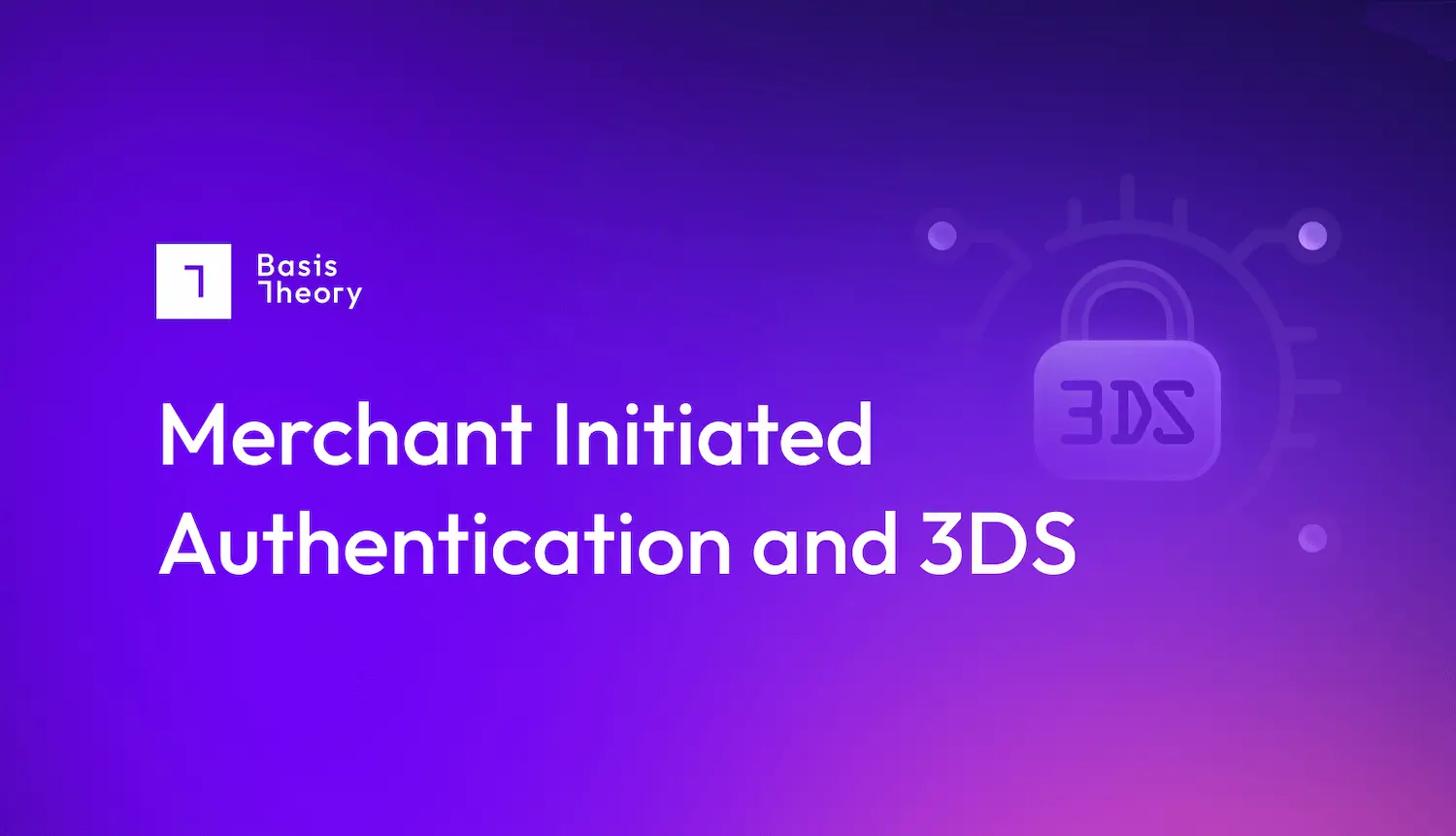
Merchant Initiated Authentication (3RI) and 3DS
Today’s economy is increasingly driven by complex purchases: beyond the exchange of cash for an item in a retail store, we have become accustomed to making digital o...
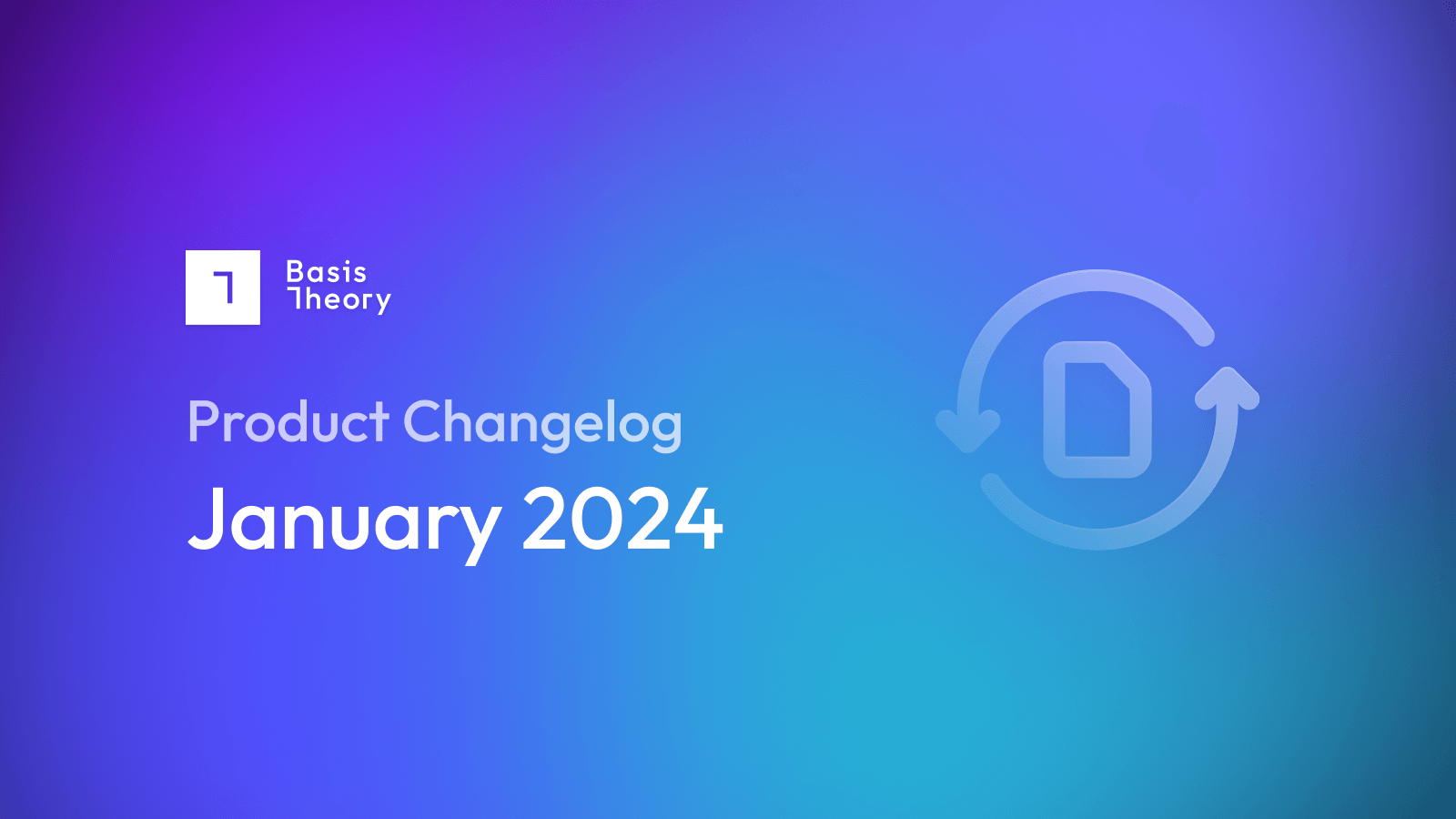
January 2024 Changelog
10x+ Performance Enhancement on Token Searching January came with a huge performance enhancement on our Token Search and Token List endpoints, these are now returnin...
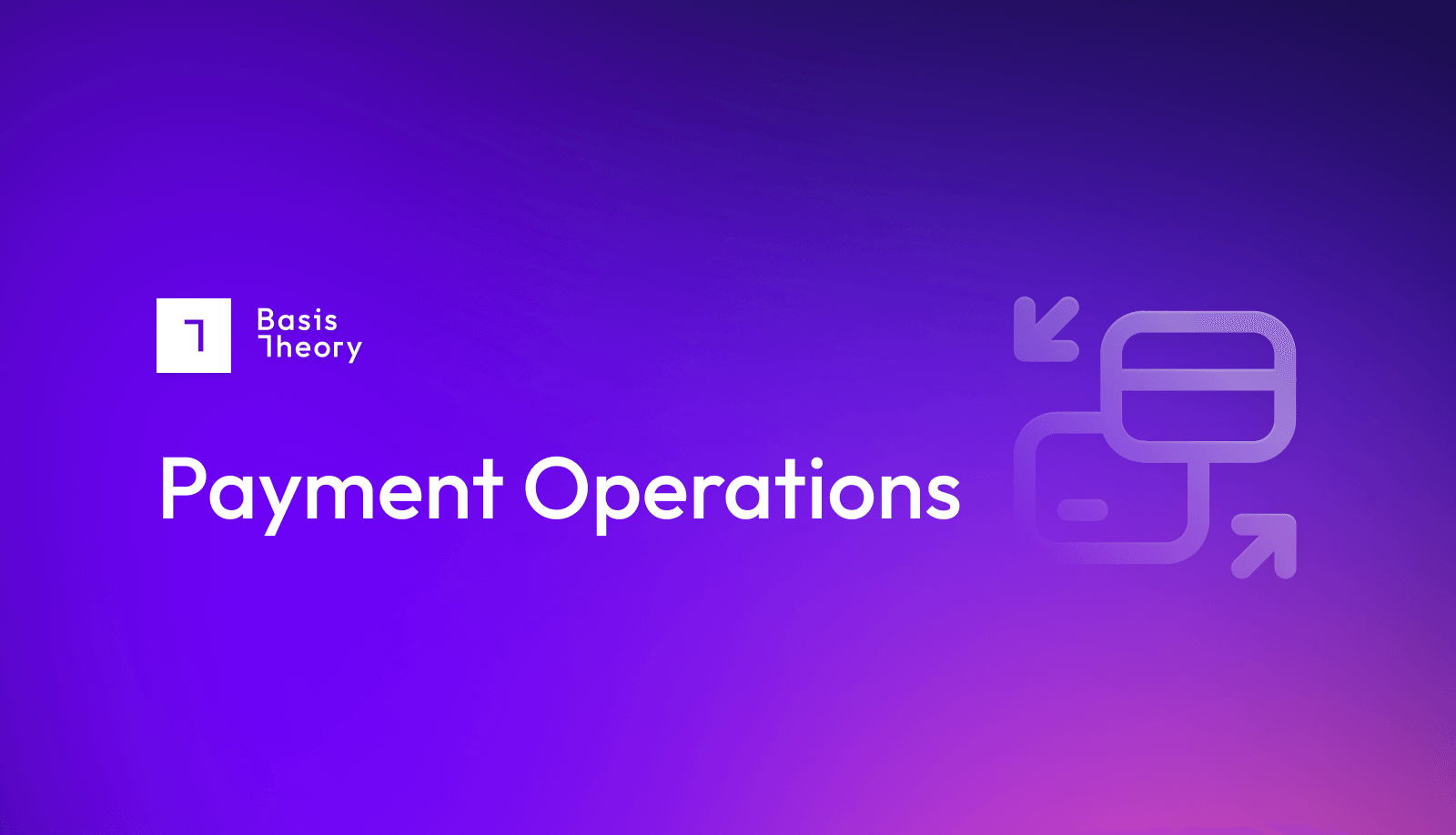
Payment Operations: Finding Efficiencies and Cost Savings
As businesses grow, the complexities of keeping up with the money that flows in and out of their accounts start to pile up. The solution is to optimize payment opera...
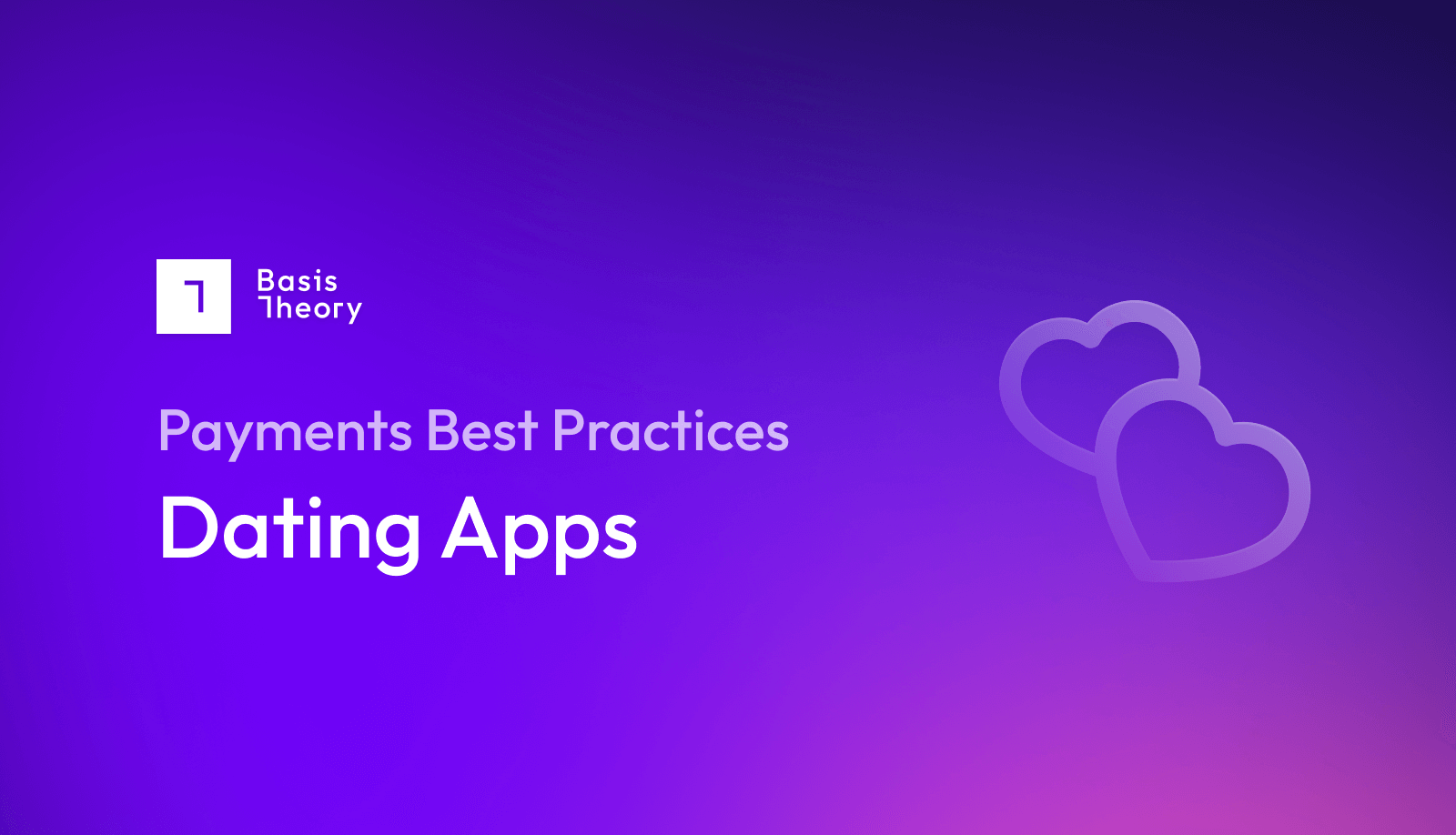
Dating Apps: Payments Best Practices
Online dating and related services are booming globally, with demand increasing at a rapid pace. The market for online dating and apps was valued at $7.94 billion in...
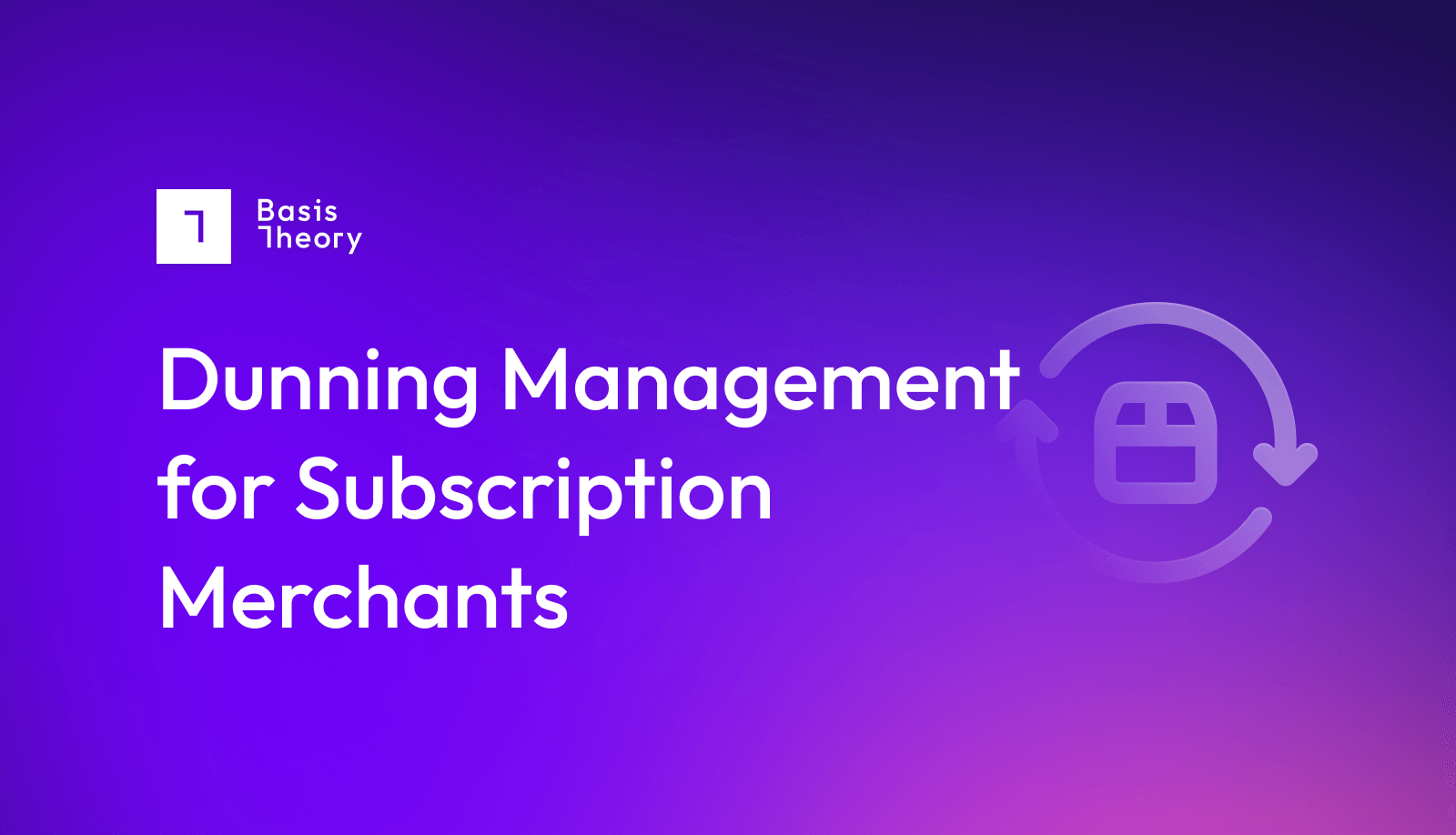
How Subscription Merchants Can Improve Dunning Management
According to the industry group PYMNTS, failed payments cost subscription merchants as much as 9% - 11% of their revenue. While some of that revenue loss represents ...
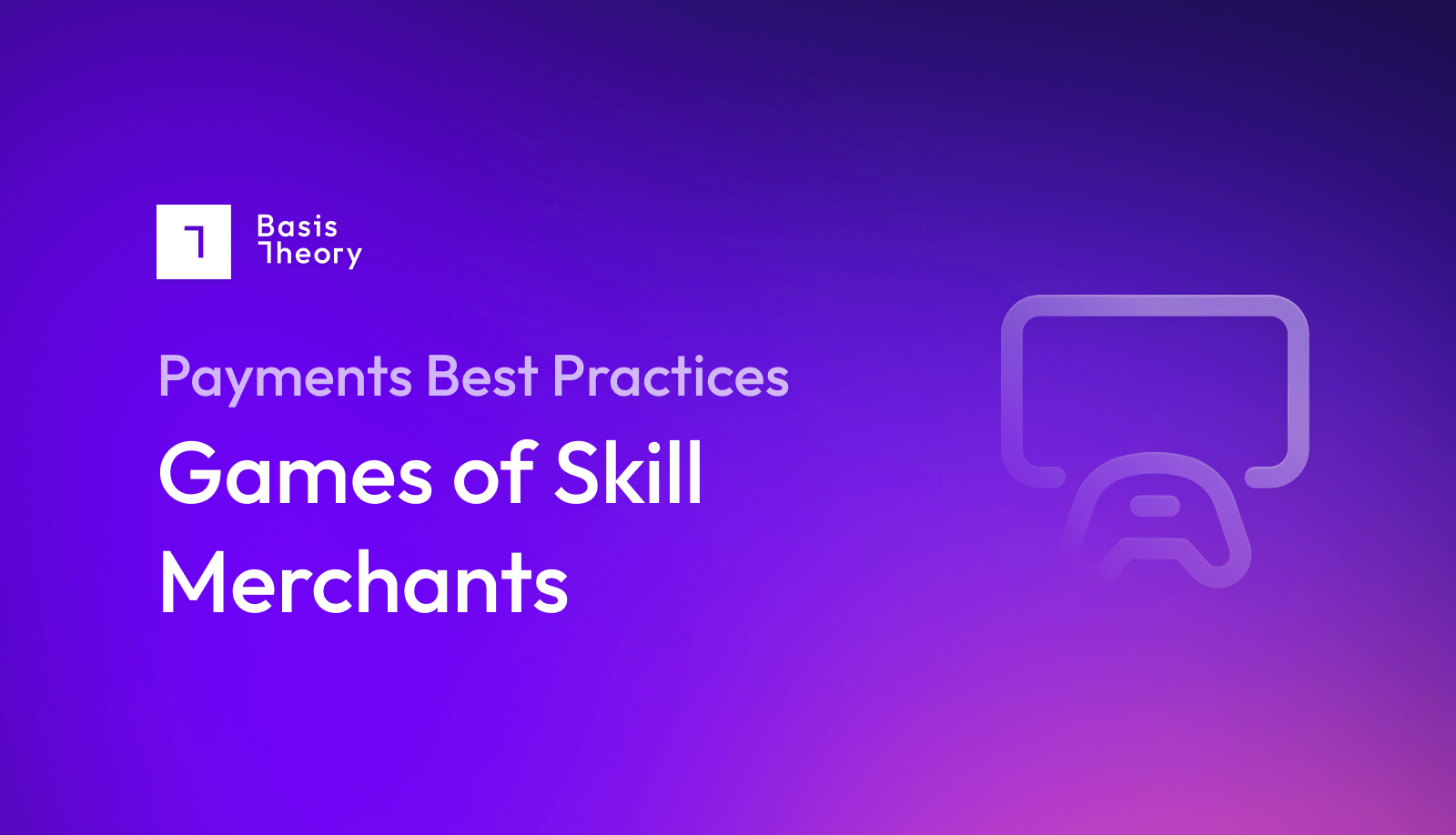
Games of Skill Merchants: Payments Best Practices
Companies that fall under the MCC category of “digital games” include the merchants that sell and distribute digital games or game-related products. More specificall...
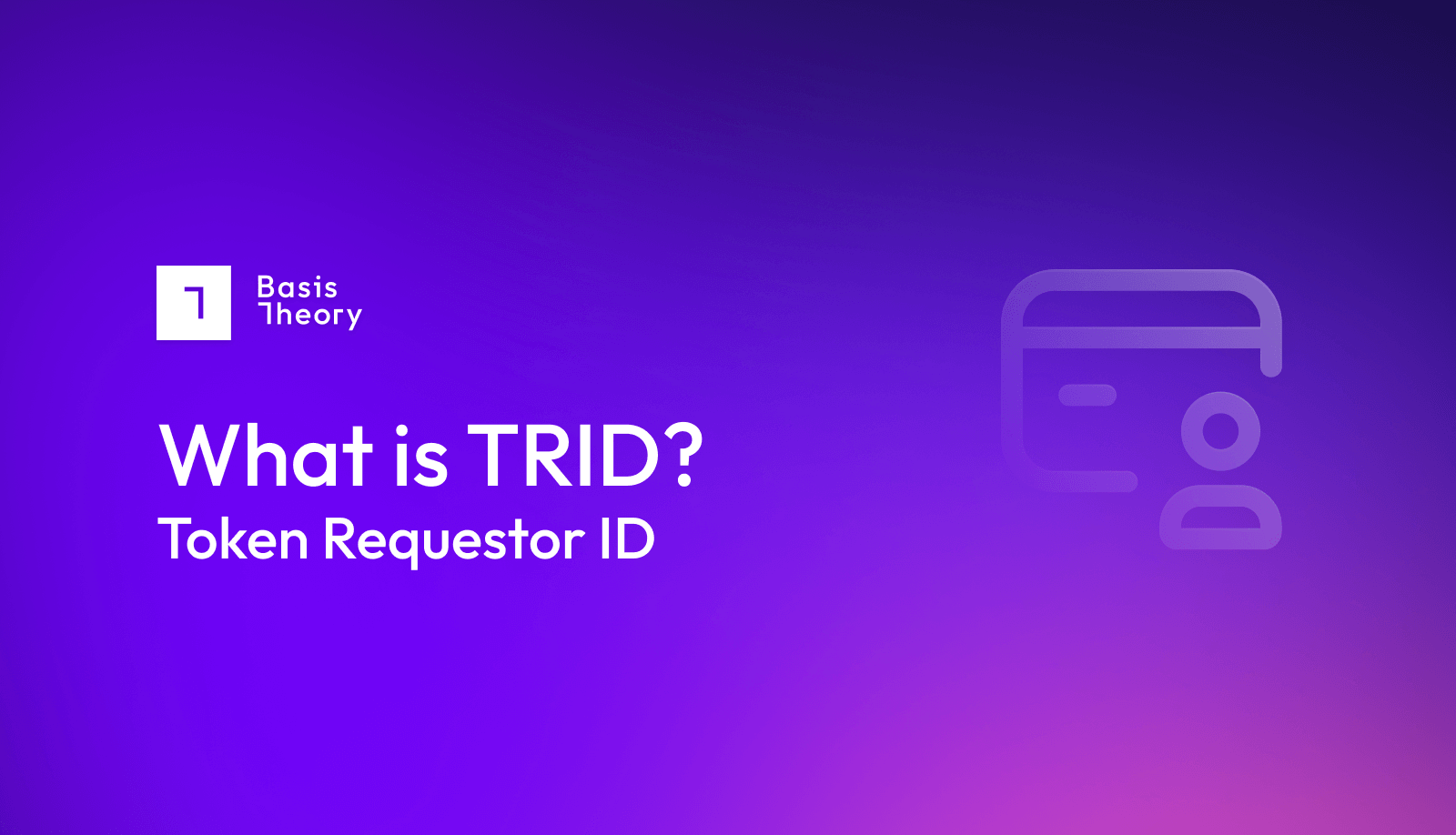
What is TRID? Learn More About the Token Requestor ID
A token requestor ID (TRID) is a unique identifier that allows merchants to request network tokens from token providers and is a prerequisite for enabling network to...
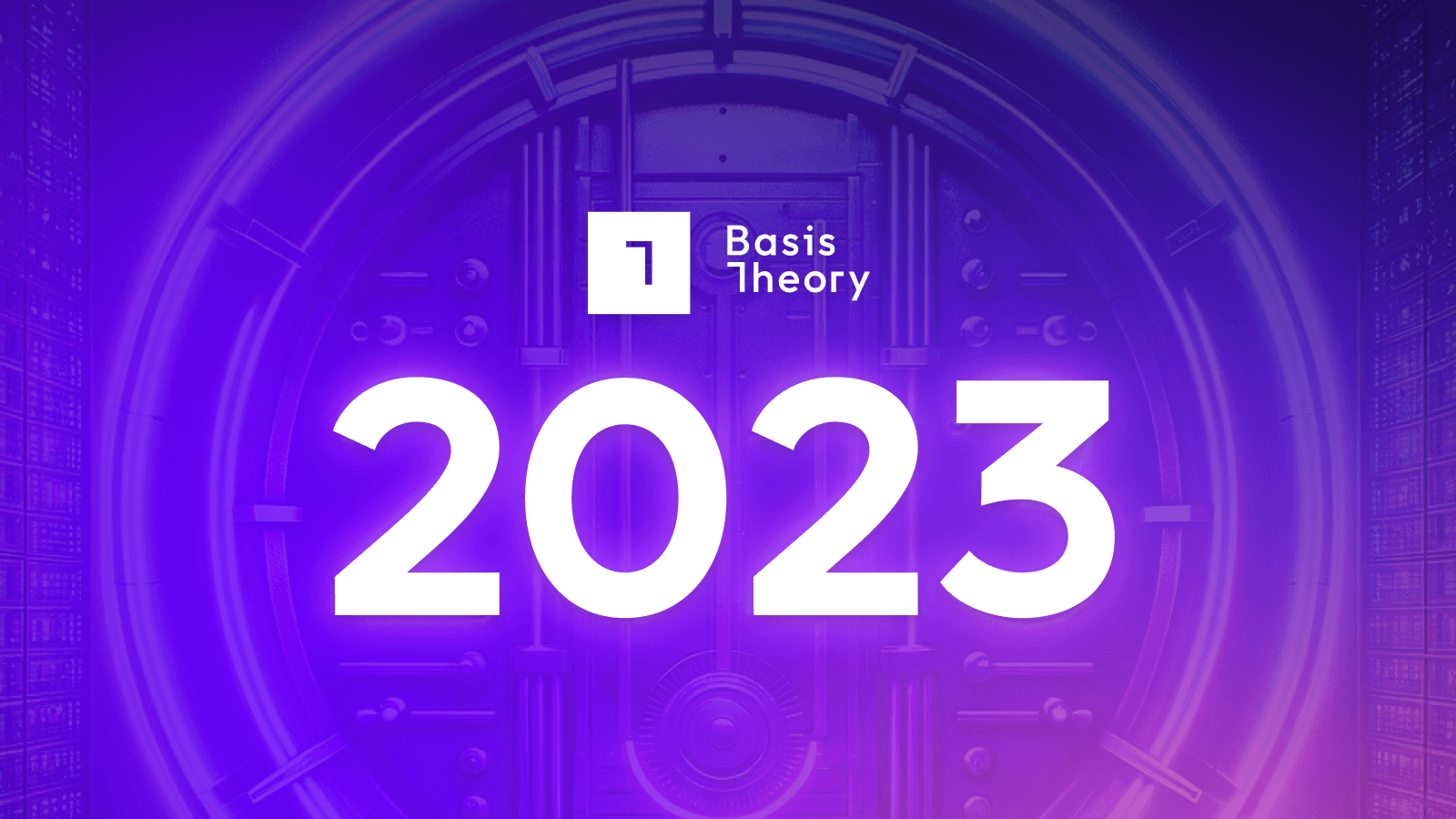
2023 in Review
As 2022 came to a close, we knew we wanted to spend time on 4 key components of our product: Global expansion, developer integration experience, enhancing tokenizati...
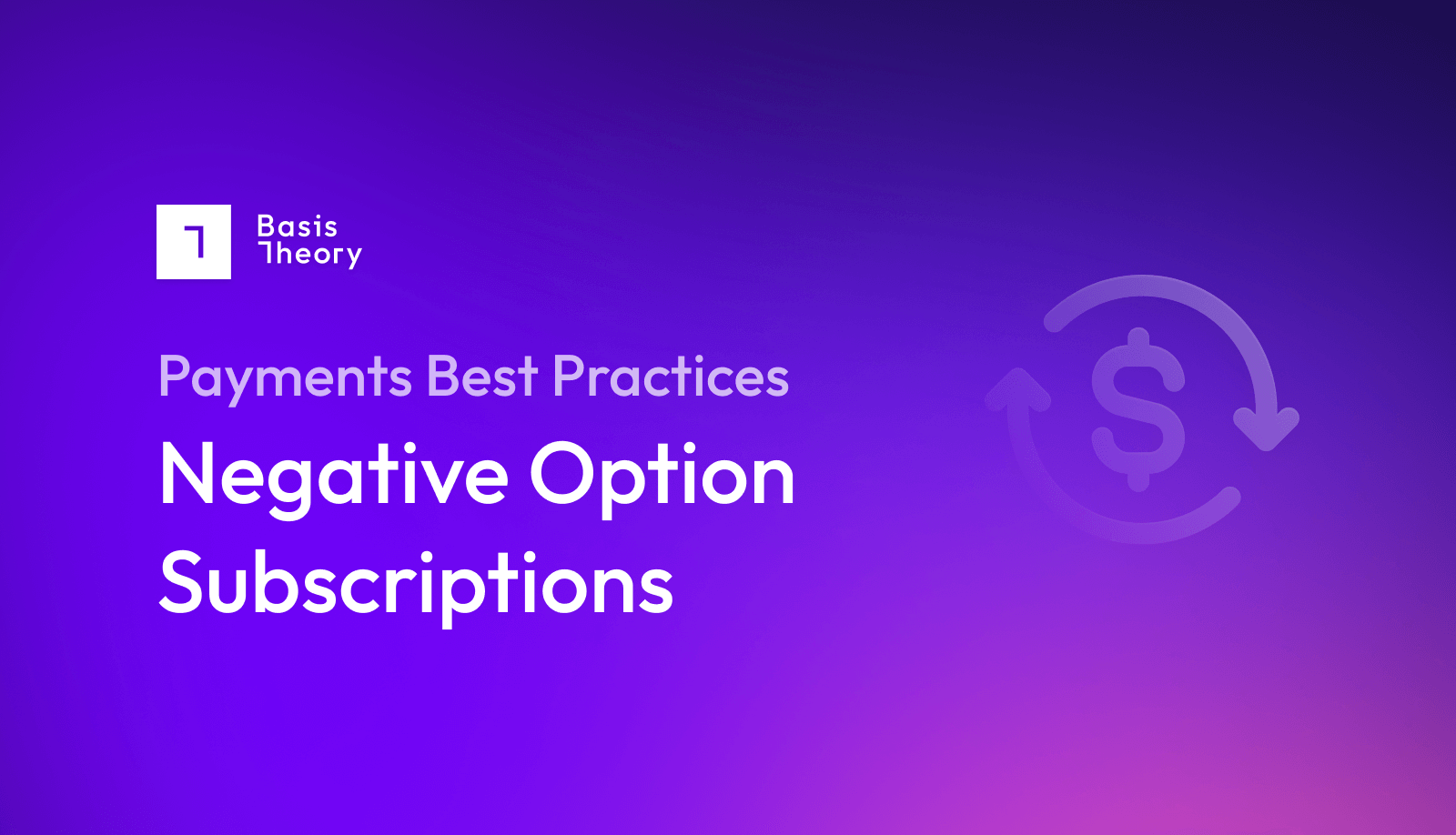
Negative Option Subscriptions: Payments Best Practices
Negative option merchants are merchants that offer an enticing option for customers, like a free trial, that requires a credit card to sign up. The customer, in turn...
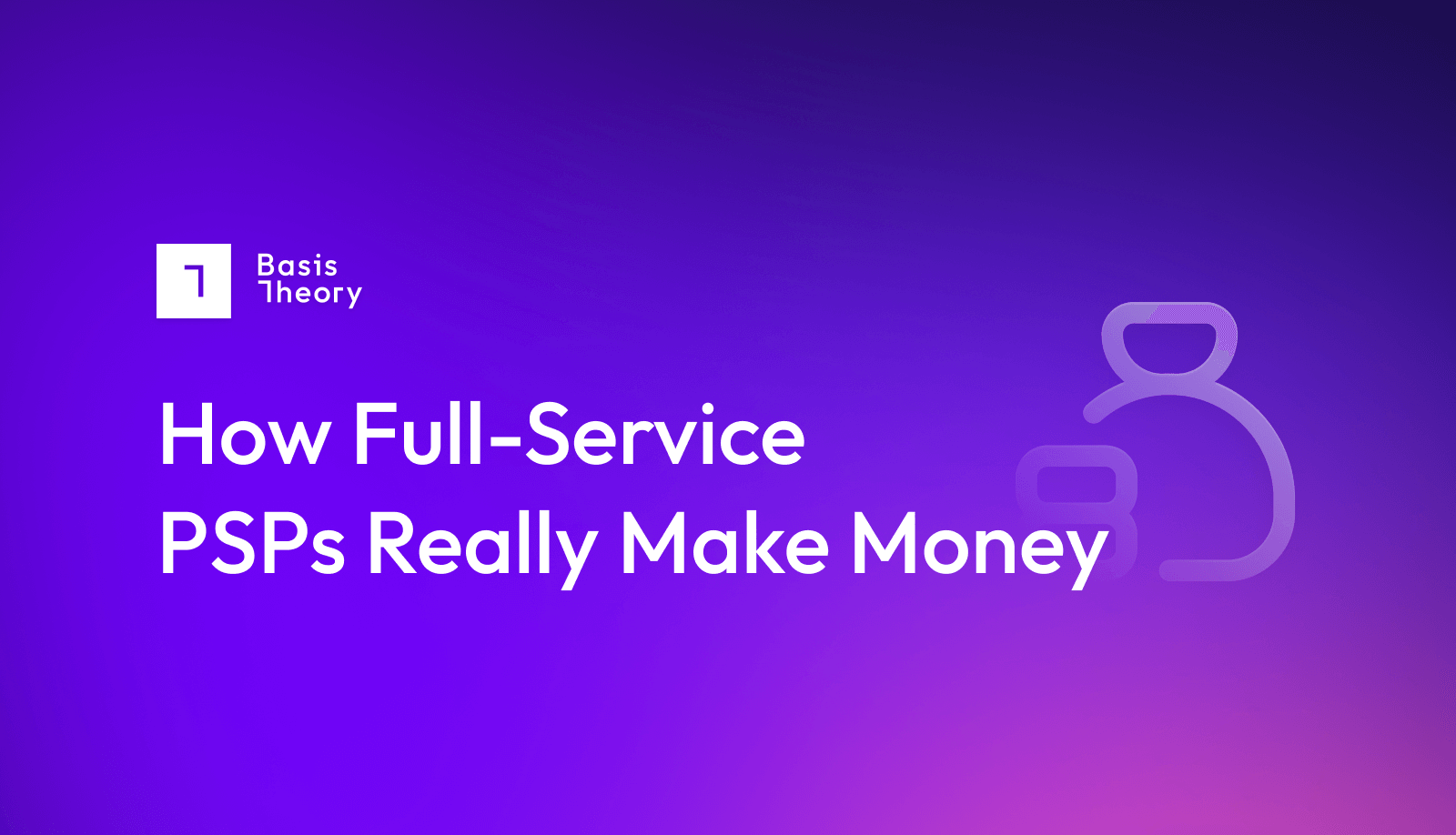
How Stripe and Other Full-Service PSPs Really Make Money
Like so many full-service payment providers, Stripe offers an apparently very simple proposition: run all your payment transactions through their system and pay a si...
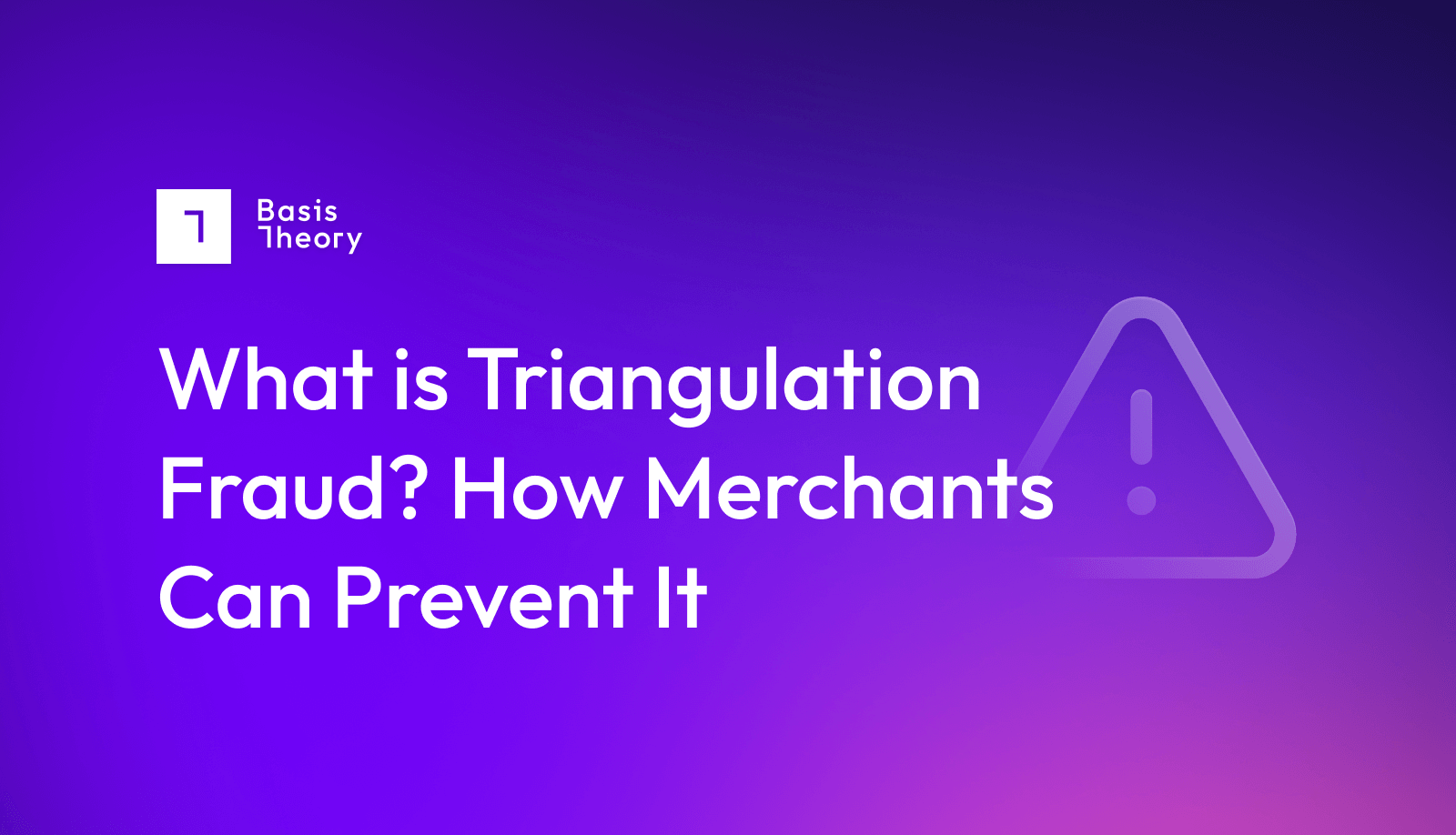
What is Triangulation Fraud? How Merchants Can Prevent It
Triangulation fraud is a complicated fraud scheme that occurs, predominantly in ecommerce, between three parties: an unsuspecting customer, a fraudulent seller, and ...
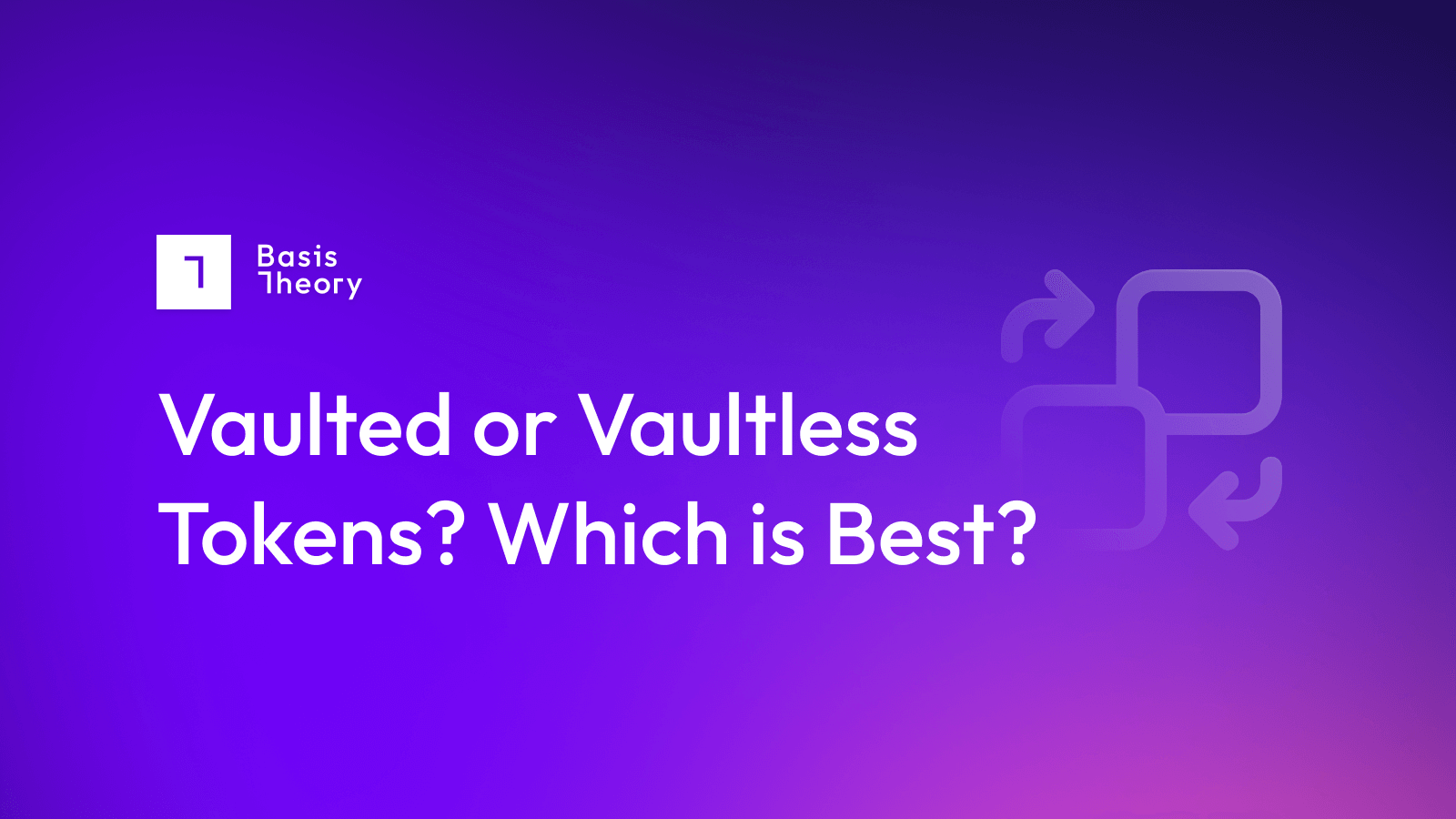
Vaulted or Vaultless Tokens? Which is Best for Payments?
Tokens: What is a Token Vault? A token is a non-exploitable identifier that references sensitive data. Tokens can take any shape, are safe to expose, and are easy to...
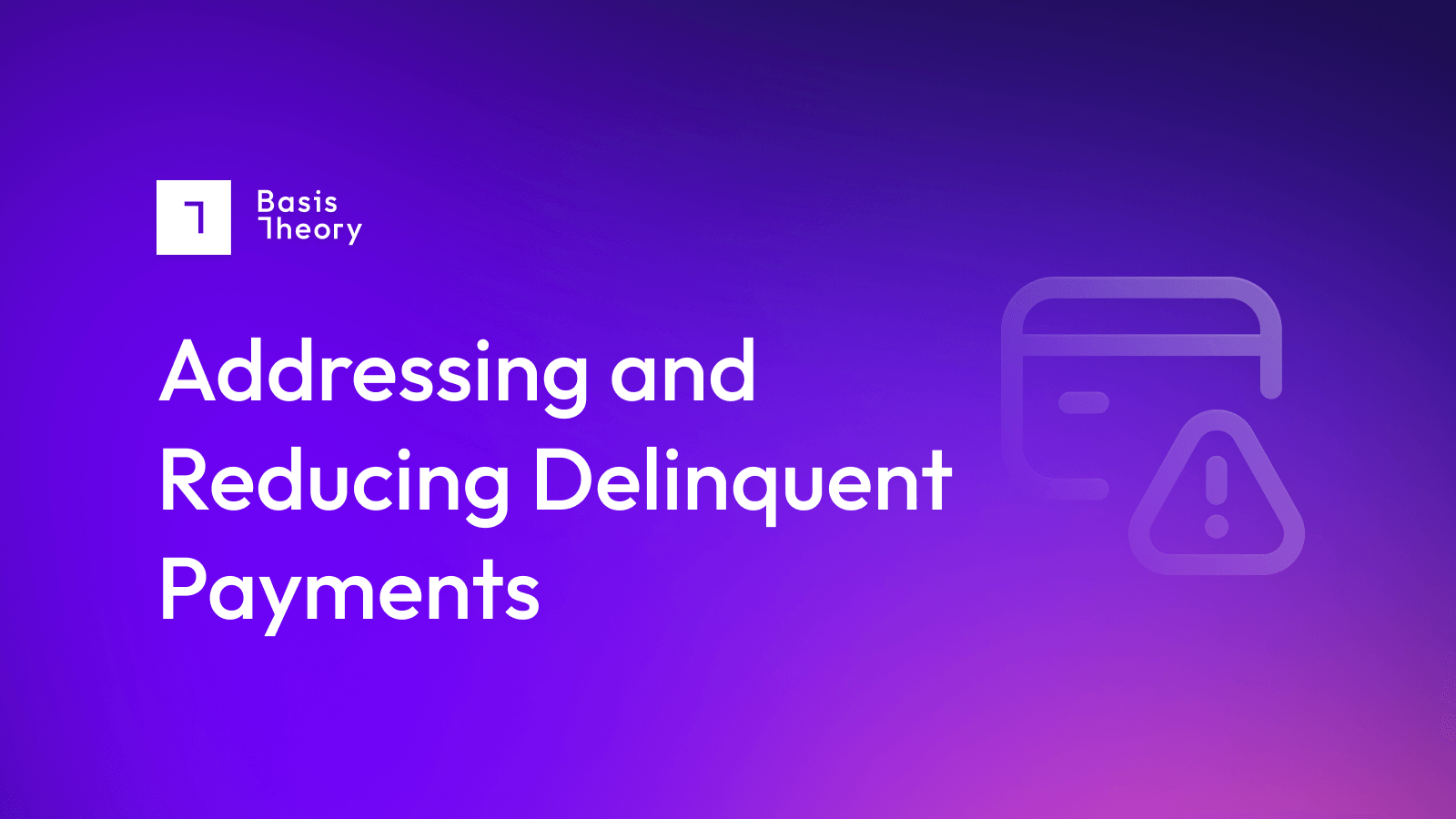
Addressing and Reducing Delinquent Payments
Payments become delinquent when they are not made according to a pre-agreed schedule. Almost by definition, then, they are almost always associated with recurring pa...
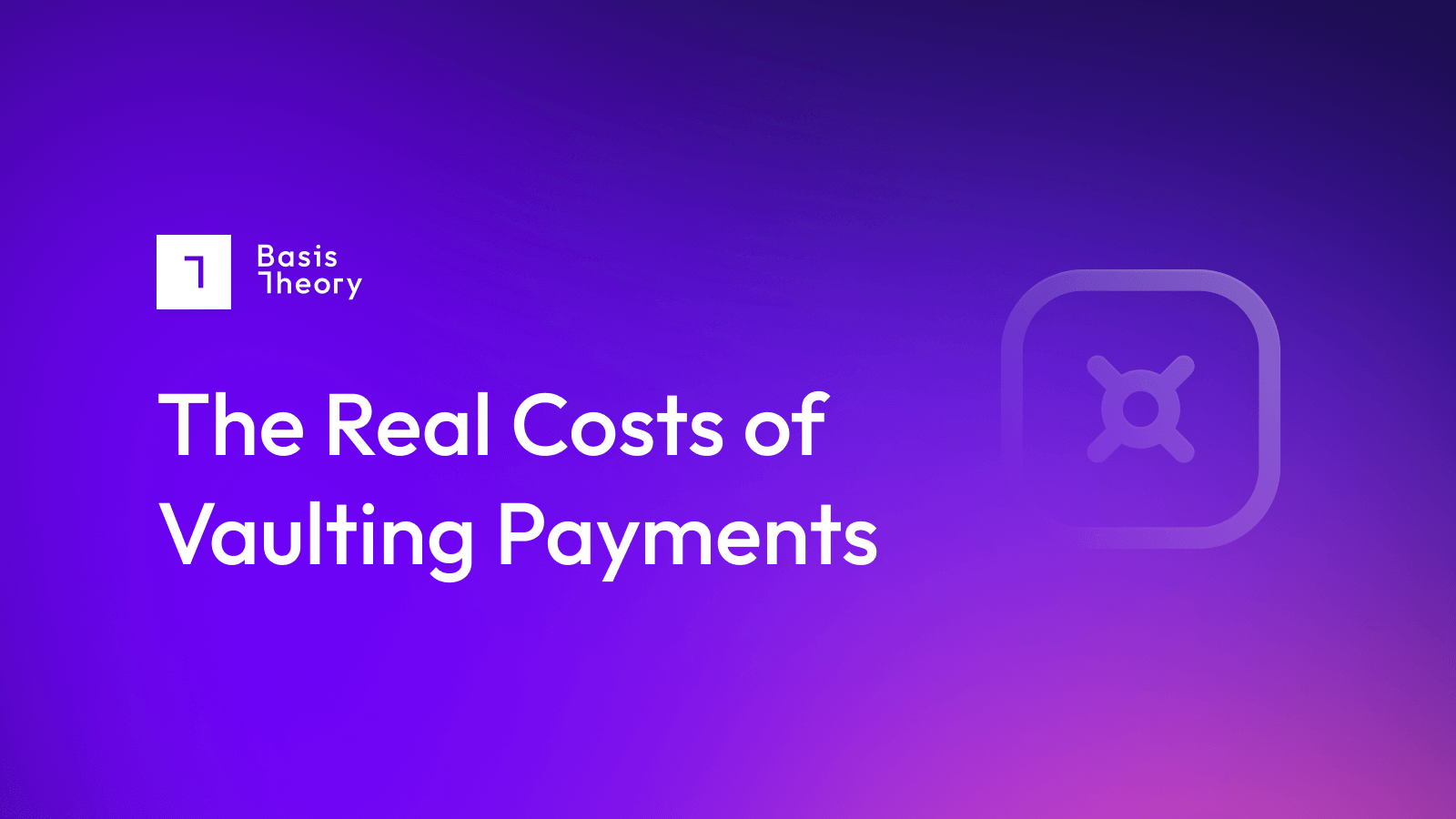
The Real Costs of Vaulting Payments
What is Payments Vaulting? Merchants are said to be ‘vaulting payments’ when they contract with a partner, which stores sensitive cardholder data securely and provid...
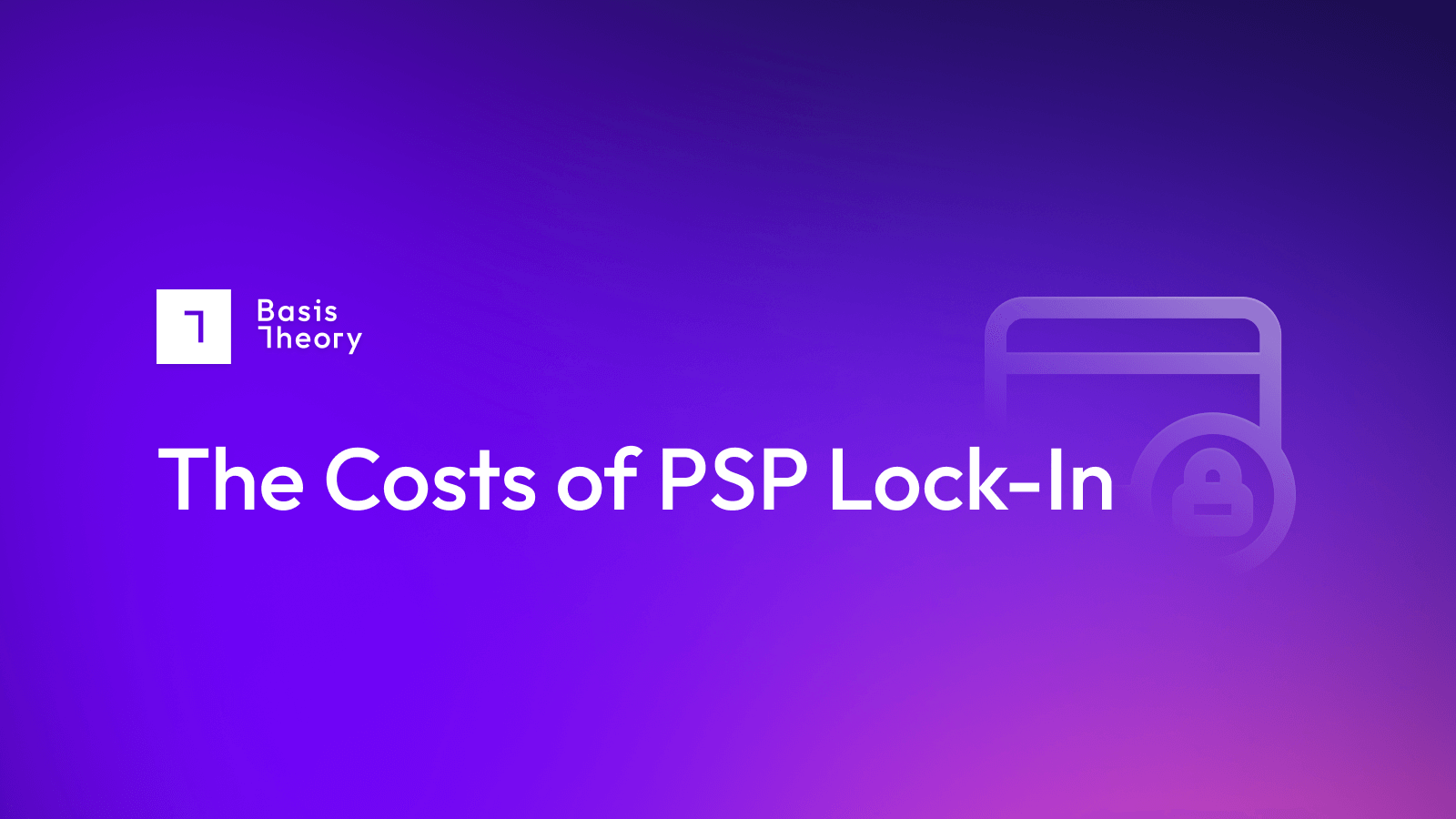
The Costs of Payment Service Provider (PSP) Lock-In
What is Vendor Lock-in? Vendor lock-in describes a situation where a customer becomes entirely dependent on a specific vendor for products or services, and switching...
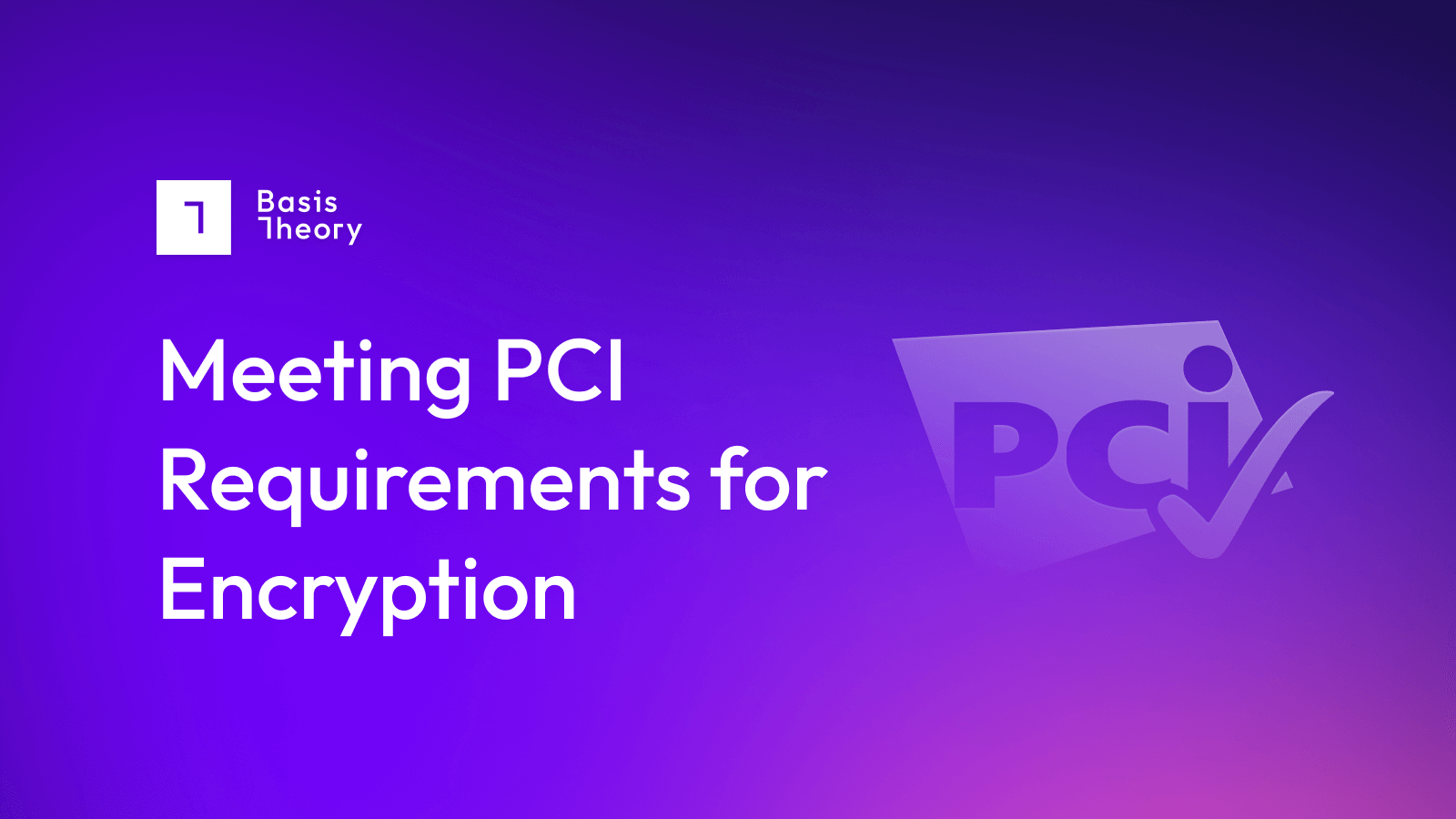
Meeting PCI Requirements for Encryption
The Payments Card Industry Data Security Standard (PCI DSS) outlines hundreds of requirements for storing, processing, and transmitting cardholder data. Any business...
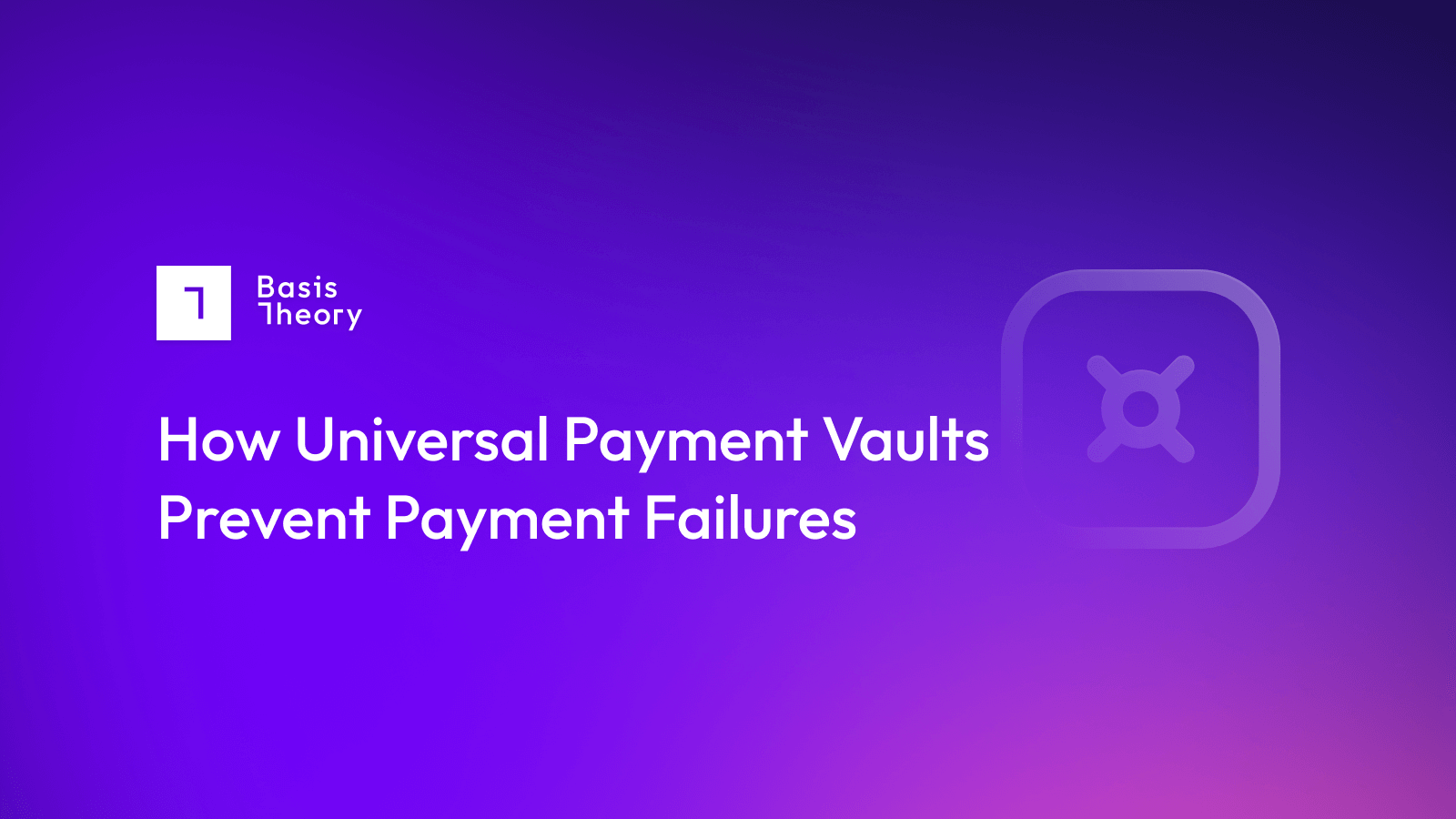
How Universal Payment Vaults Prevent Payment Failures
What is a Universal Payment Vault? A payment vault is a storage facility where merchants securely manage customer payment details, and transmit them to payment partn...
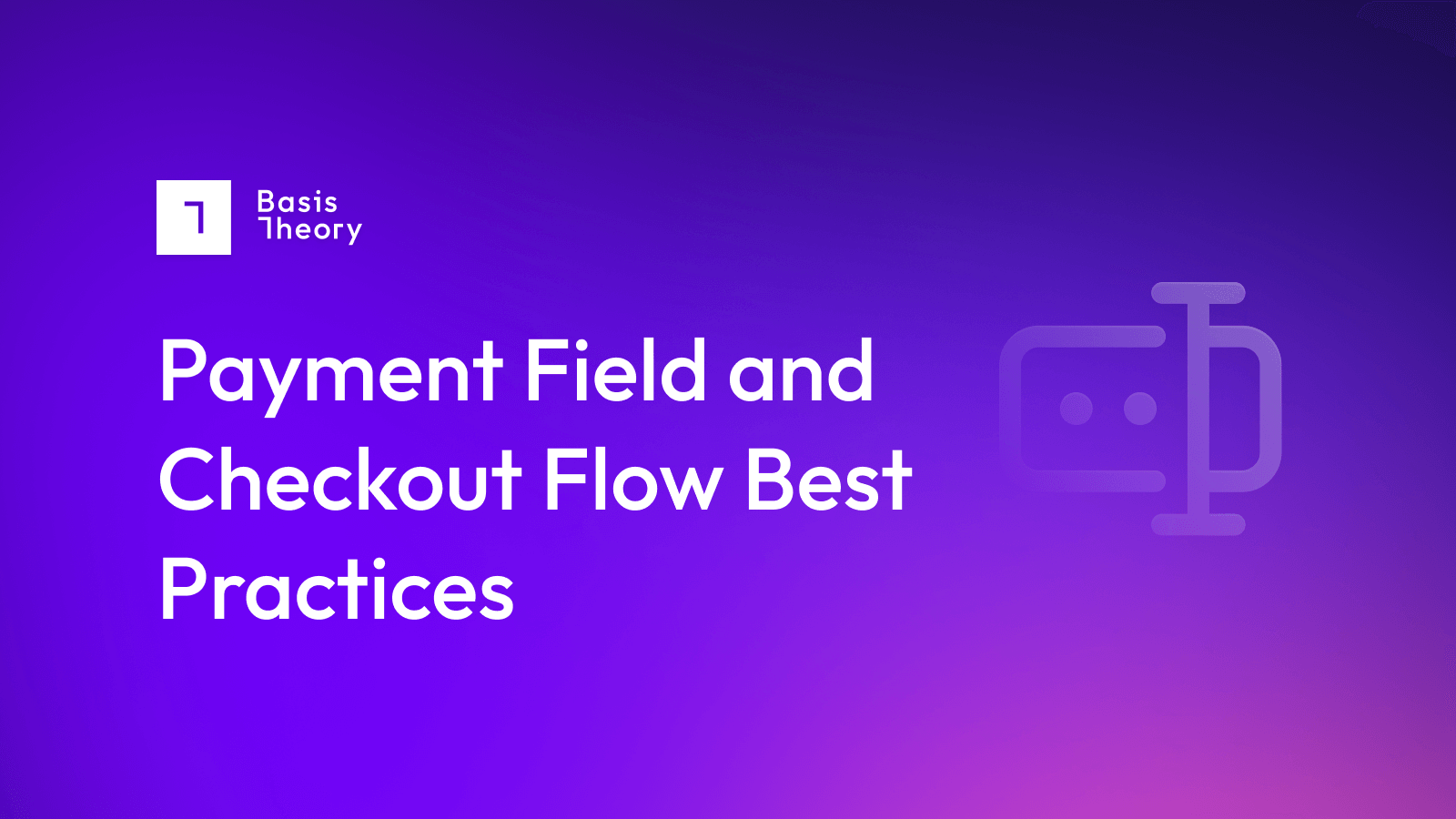
Payment Fields Best Practices: Capture Lost Revenue
Estimates suggest that somewhere between 36% and 50% of all transactions worldwide are now completed digitally. While this may not come as a surprise to many, what m...
.png?width=365&height=122&name=BTLogo%20(1).png)
